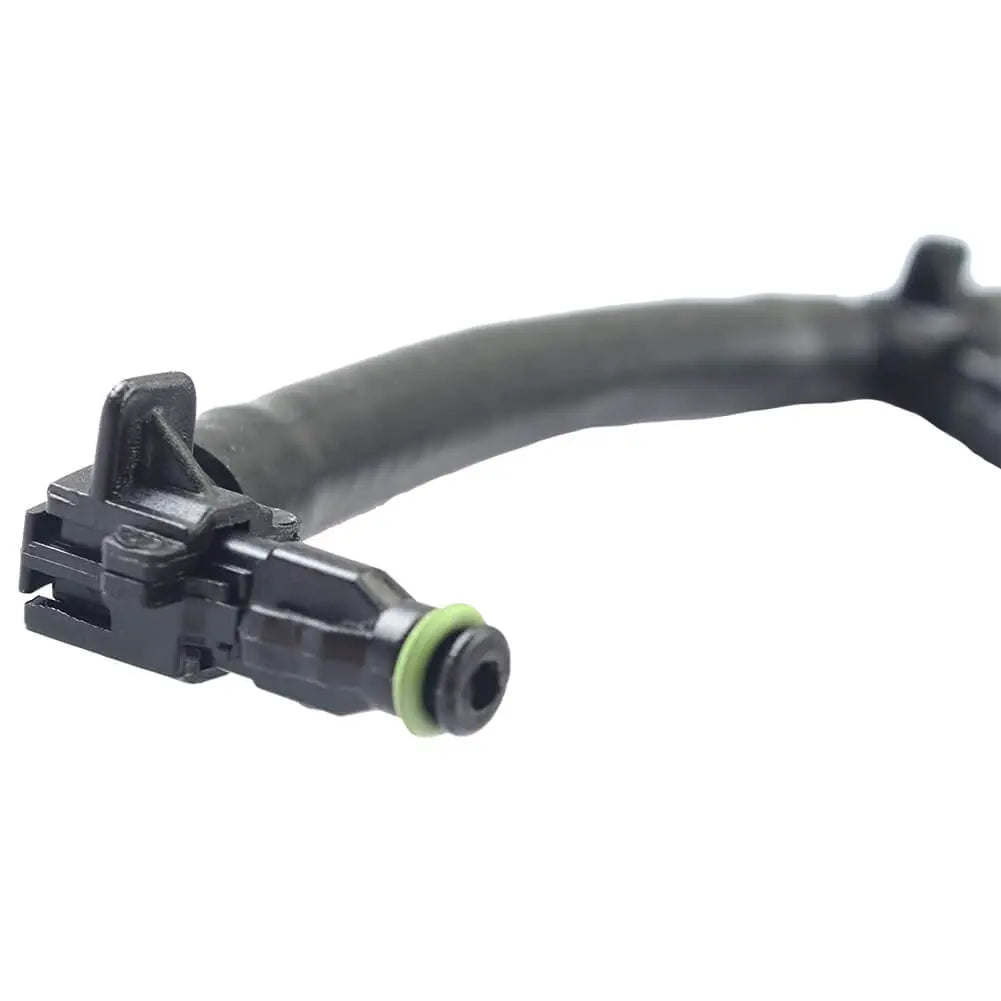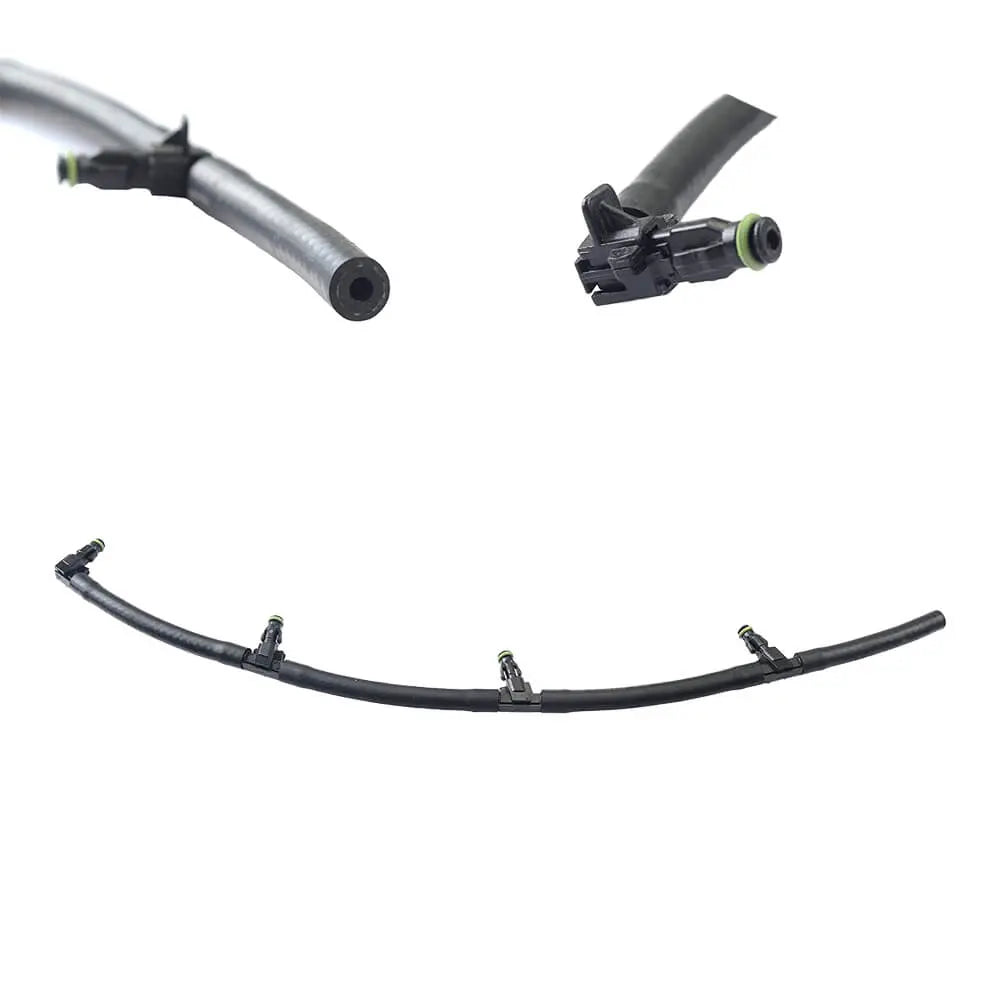Fuel Supply System
46 products
Showing 1 - 24 of 46 products
Understanding the Components of a Car's Fuel Supply System
A car's fuel supply system is a complex network of components responsible for delivering fuel from the tank to the engine. This system comprises several vital components, including the fuel pressure regulator, injector seals, and mass air flow sensor. In this article, we will delve into the functions and significance of these components, shedding light on their crucial roles in the overall performance of a vehicle.Fuel Pressure Regulator
The fuel pressure regulator is a critical component within the fuel supply system. Its primary function is to maintain a consistent fuel pressure to ensure proper fuel delivery to the engine. It achieves this by regulating the amount of fuel that flows through the fuel injectors. The fuel pressure regulator monitors the pressure within the fuel rail and adjusts the flow of fuel accordingly. This ensures that the engine receives the correct amount of fuel under varying conditions, such as changes in engine load or RPM.Injector Seals
Injector seals play a vital role in the fuel supply system by preventing fuel leaks and maintaining proper fuel pressure. These seals are typically made of rubber or silicone and are placed between the fuel injectors and the intake manifold. Over time, due to exposure to heat, fuel additives, and wear, these seals can deteriorate, leading to fuel leaks. Such leaks can disrupt the fuel mixture, cause poor engine performance, and result in fuel odors. Regular inspection and replacement of injector seals can help maintain the integrity of the fuel supply system and prevent potential issues.Mass Air Flow Sensor (MAF)
The mass air flow sensor (MAF) is a crucial component that measures the amount of air entering the engine. This information is used by the engine control unit (ECU) to calculate the correct amount of fuel required for combustion. The MAF sensor uses a heated wire or a hot film to measure the air flowing into the engine. Any debris, dirt, or oil contamination on the sensor can disrupt its accuracy and lead to incorrect fuel-to-air mixture calculations. Regular maintenance, including cleaning or replacement when necessary, ensures the MAF sensor operates optimally, resulting in improved engine performance and fuel efficiency.The fuel supply system of a car plays a vital role in its overall performance, and understanding its components is essential for proper maintenance and troubleshooting. The fuel pressure regulator, injector seals, and mass air flow sensor are key elements that contribute to the efficiency and smooth operation of the system.
By regulating fuel pressure, the fuel pressure regulator ensures consistent fuel delivery to the engine, adapting to varying conditions. Meanwhile, injector seals prevent fuel leaks and maintain proper pressure within the system. Finally, the mass air flow sensor accurately measures the amount of air entering the engine, allowing the ECU to calculate the precise amount of fuel required for combustion.
Regular inspection, cleaning, and replacement, when necessary, of these components are crucial for maintaining optimal fuel supply system performance. By giving due attention to these components, car owners can ensure improved fuel efficiency, engine performance, and longevity of their vehicles
Showing 1 - 24 of 46 products
Display
View
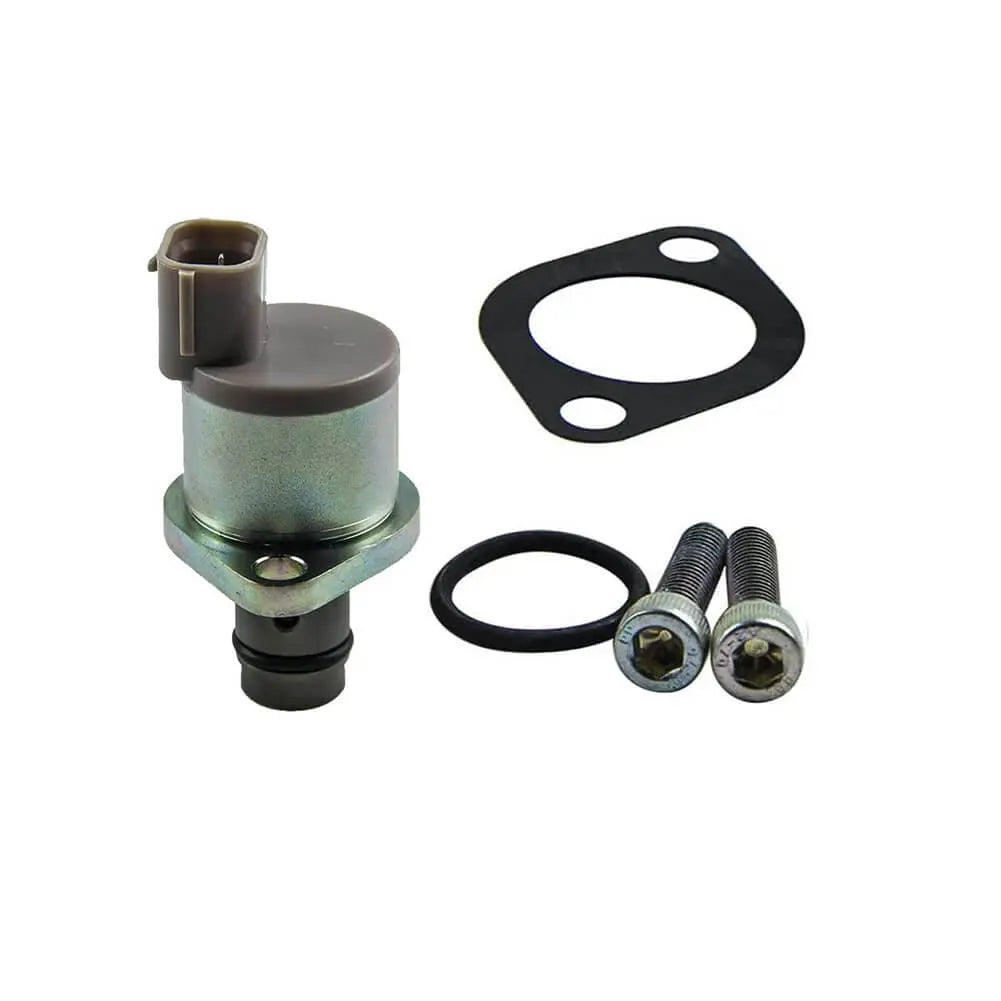
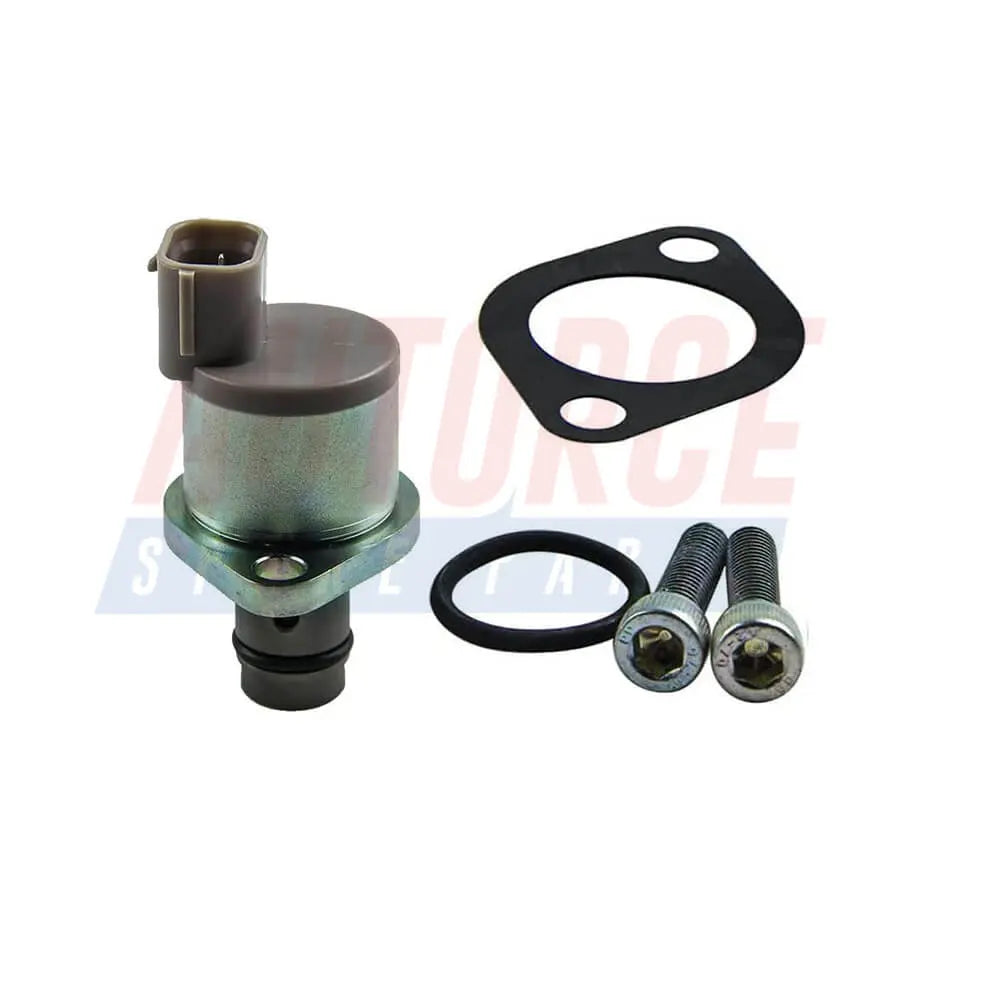
Fuel Pressure Regulator Suction Control Valve For Nissan Navara NP300 Pathfinder Pick Up - A6860-EC09A, A6860-VM09A
In stock, 48 units
Sale price£42.90

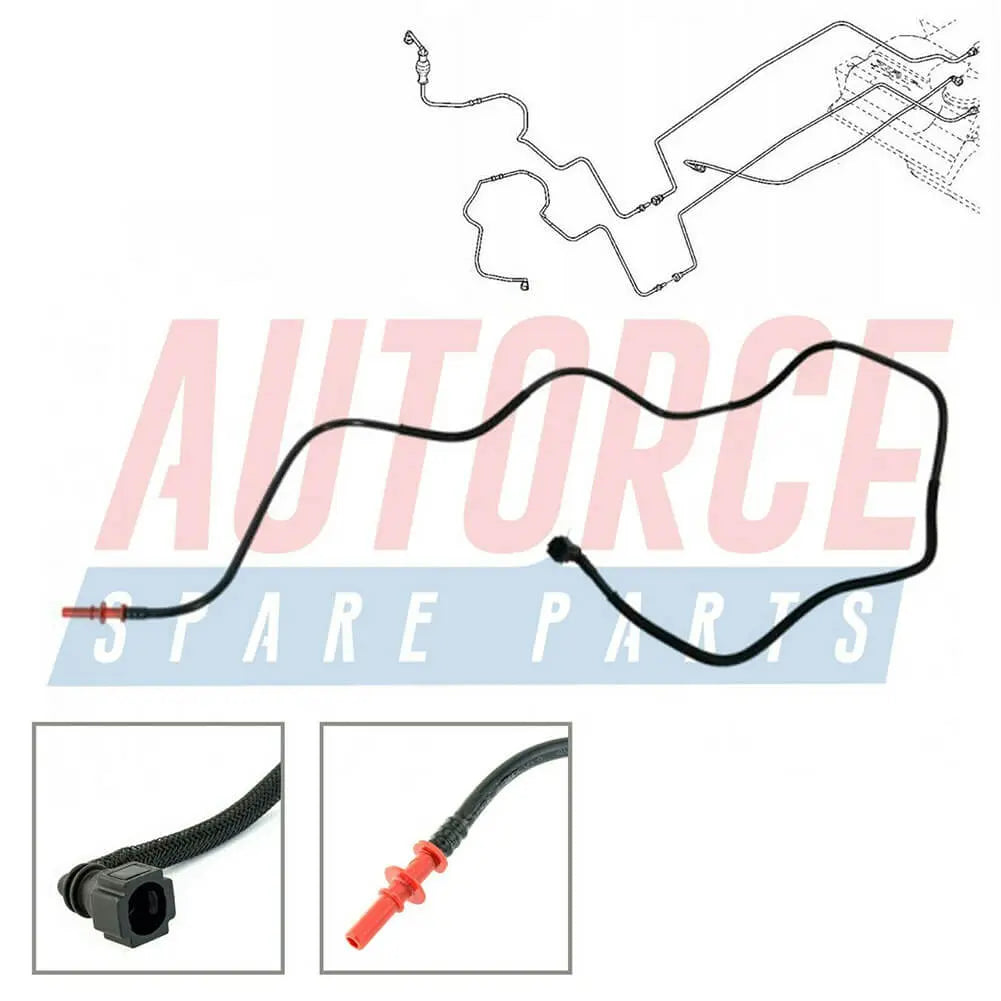
Fuel Line Hose Pipe For Renault Trafic Mk2 1.9 dCi (2001 - Onwards) 8200505335, 4416879, GM93857421
Only 5 units left
Sale price£16.90
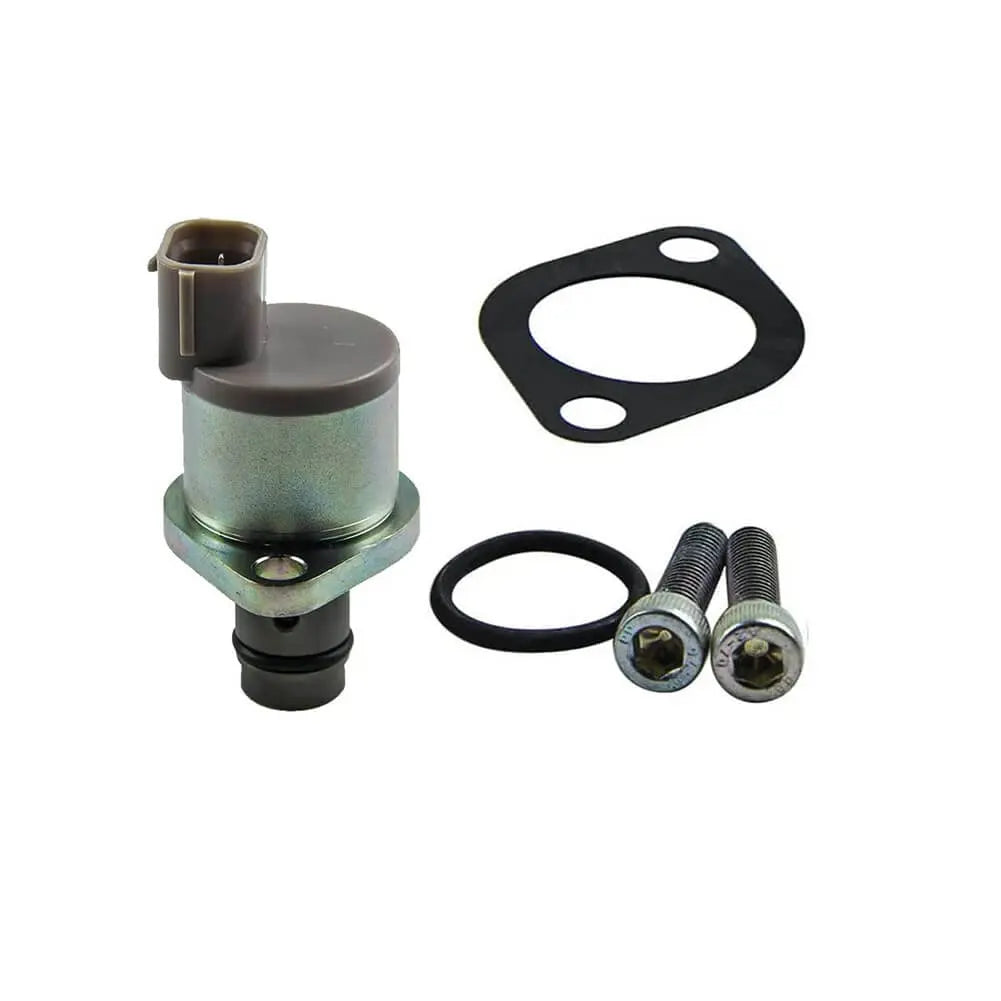
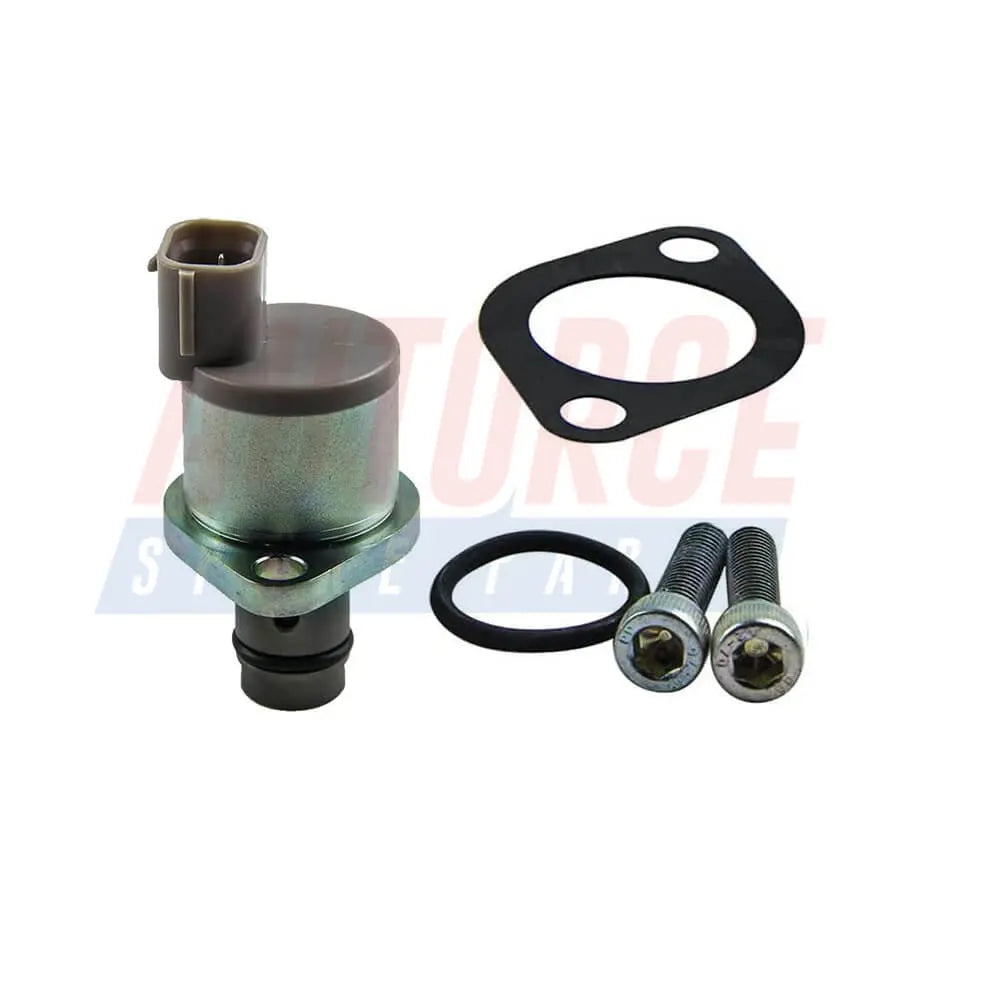
Fuel Pressure Regulator Suction Control Valve For Fiat Ducato Mk3 For Ford Transit Mk6 2.2 D/ 2.2 TDCi - 1514885, 9665523380
In stock, 50 units
Sale price£42.90
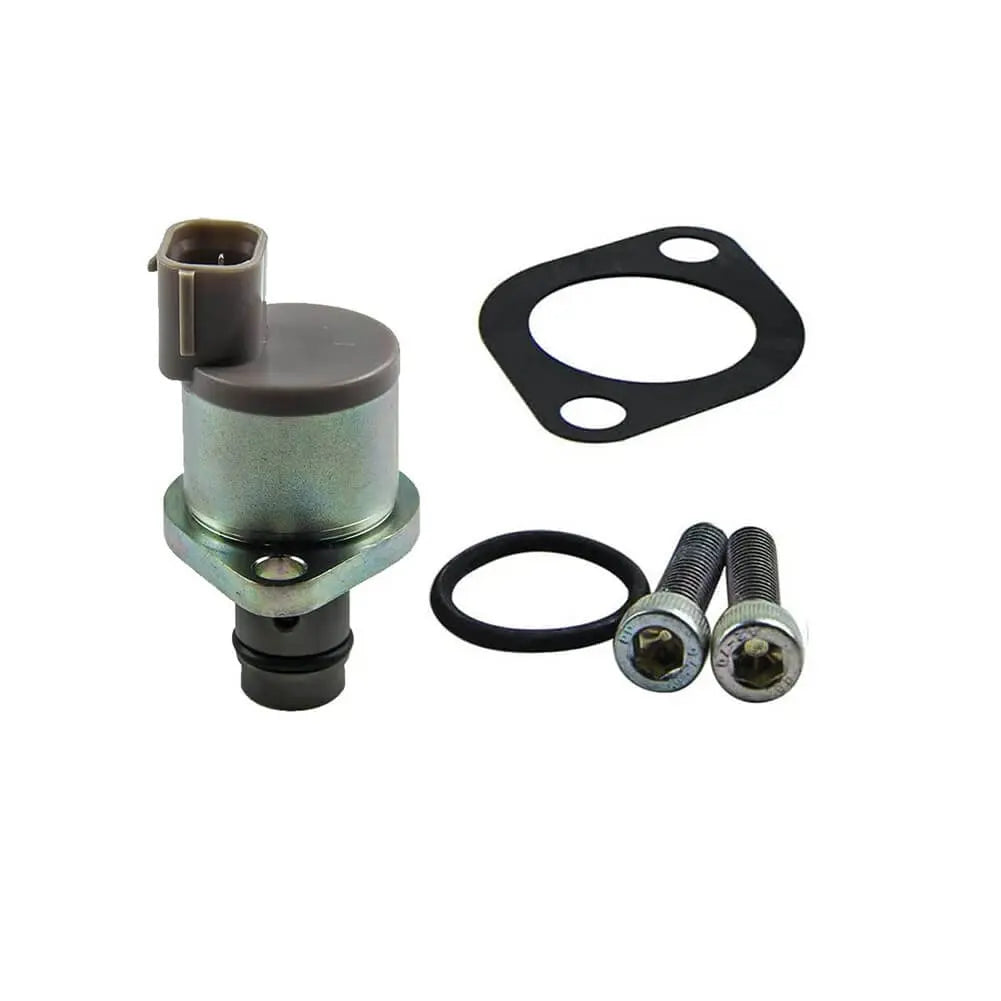
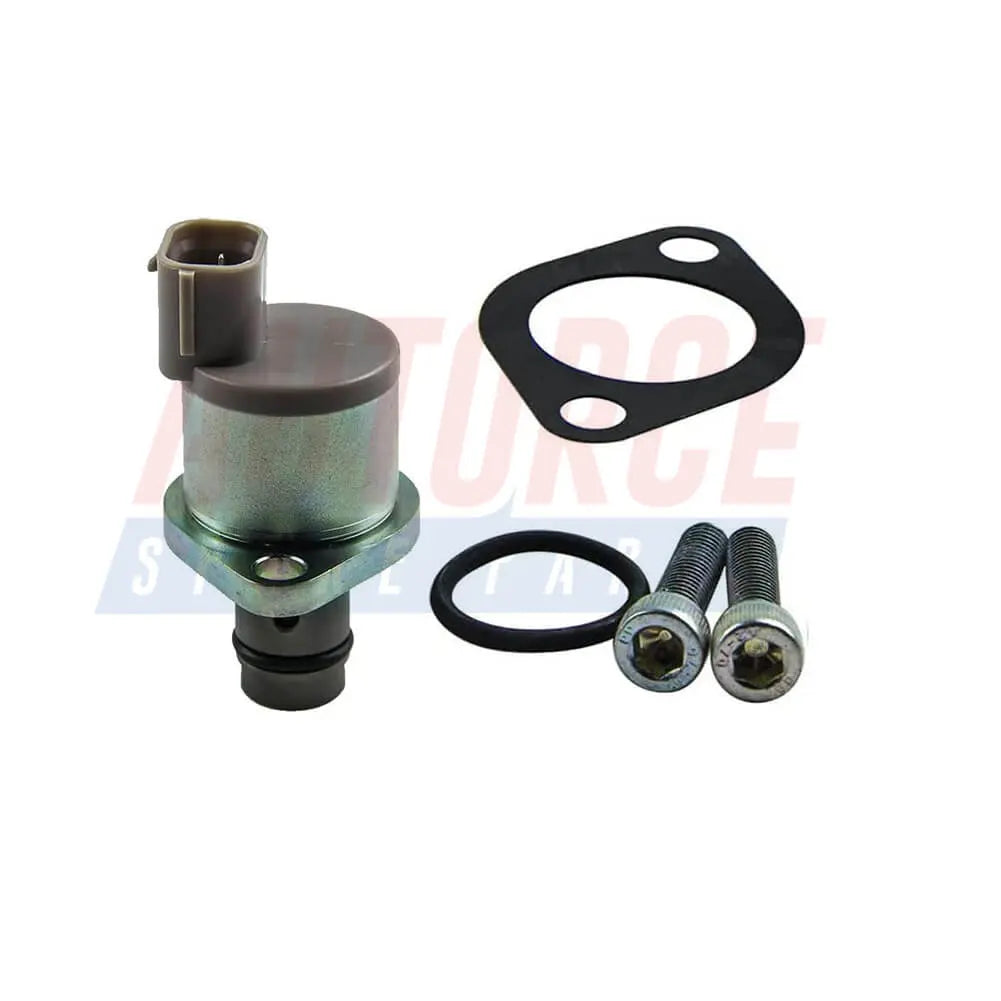
Fuel Pressure Regulator Suction Control Valve For Peugeot Boxer For Citroen Relay 2.2 HDI - 6C1Q9358AB, 9665523380
In stock, 50 units
Sale price£42.90
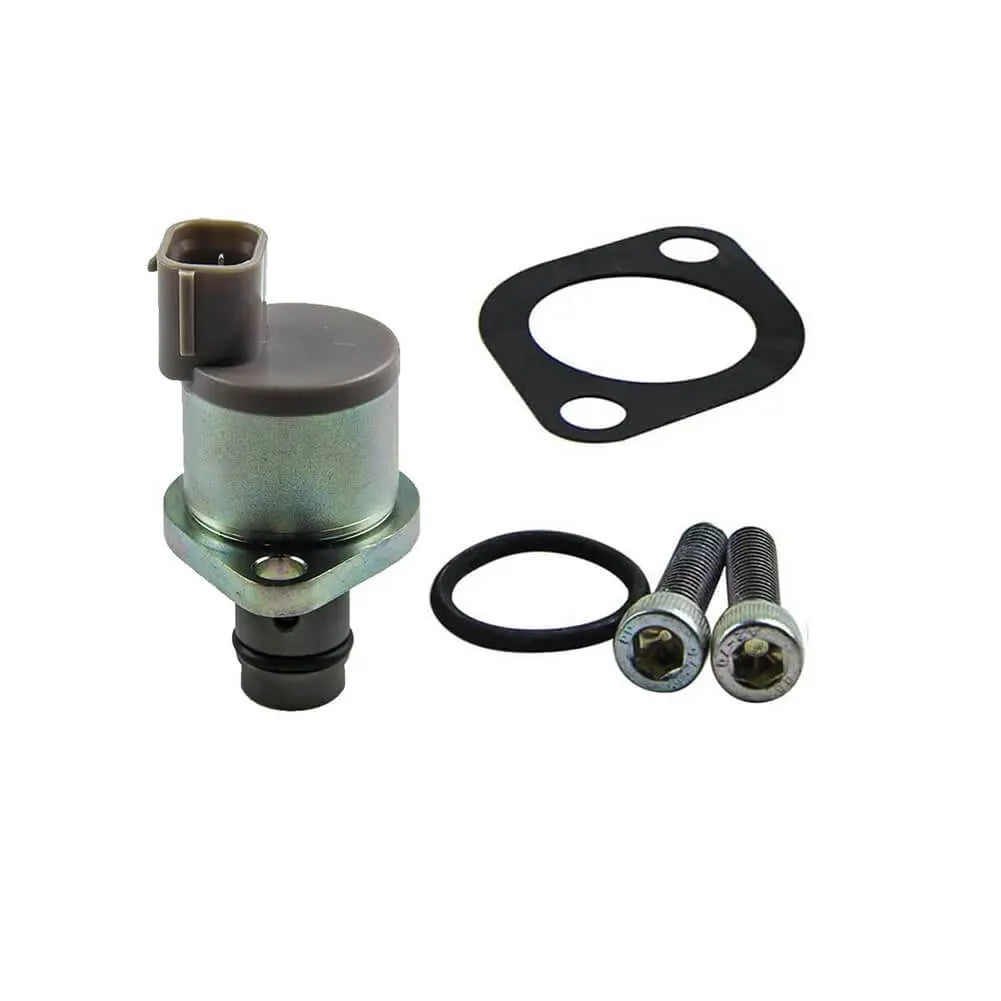
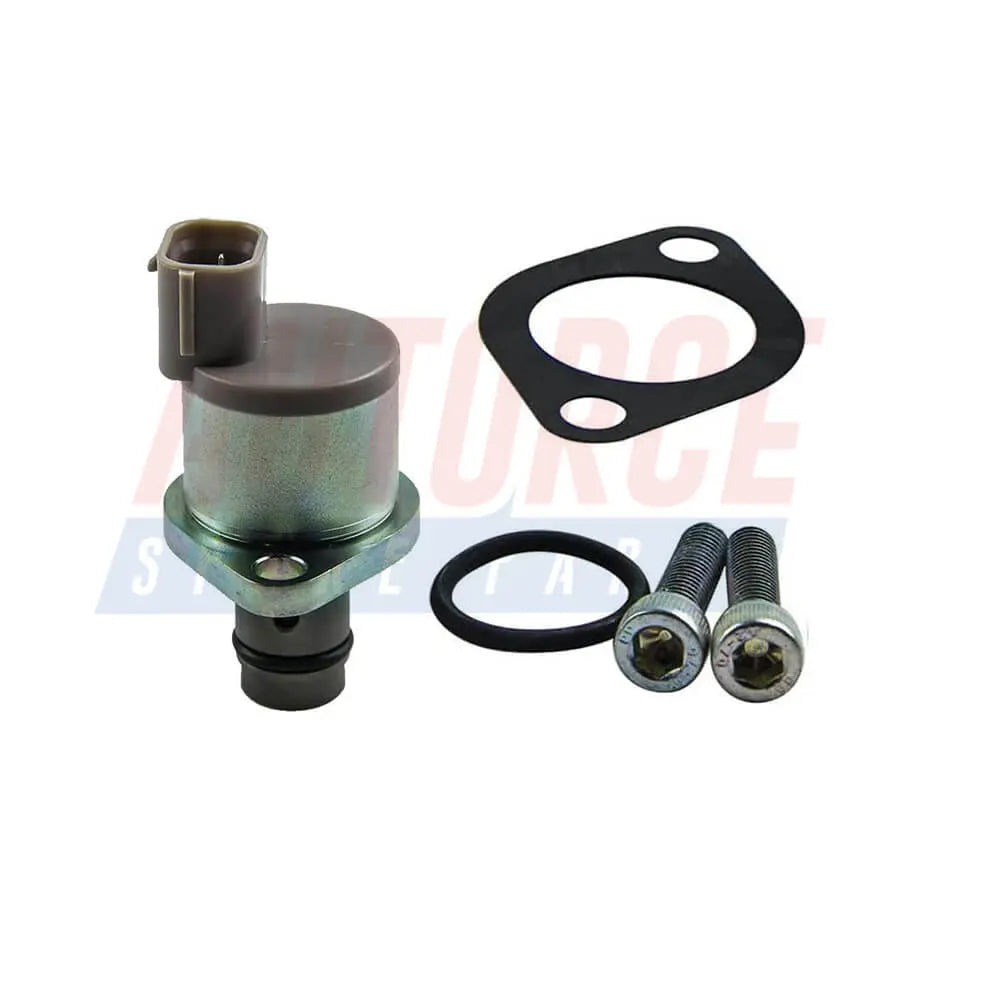
Fuel Pressure Regulator Suction Control Valve For Subaru Outback Legacy Impreza Forester For Land Rover Defender - LR009837
In stock, 50 units
Sale price£42.90
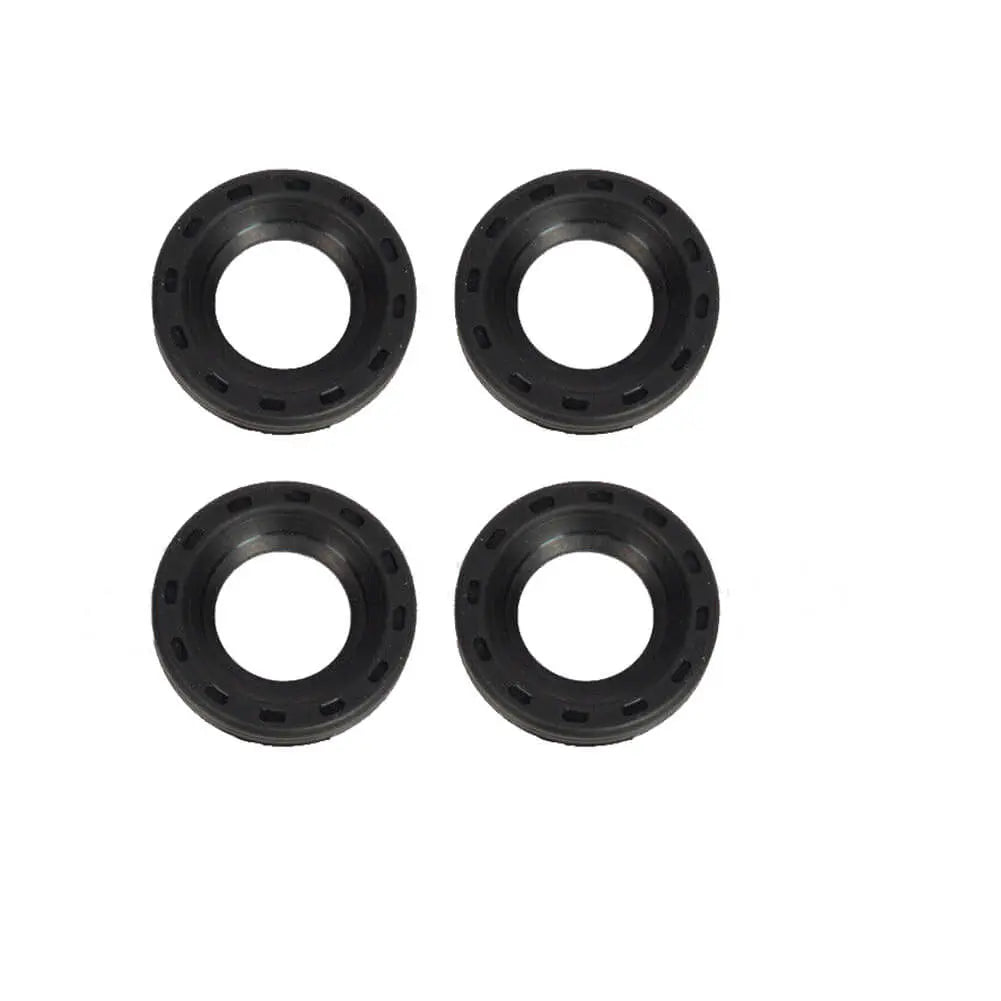
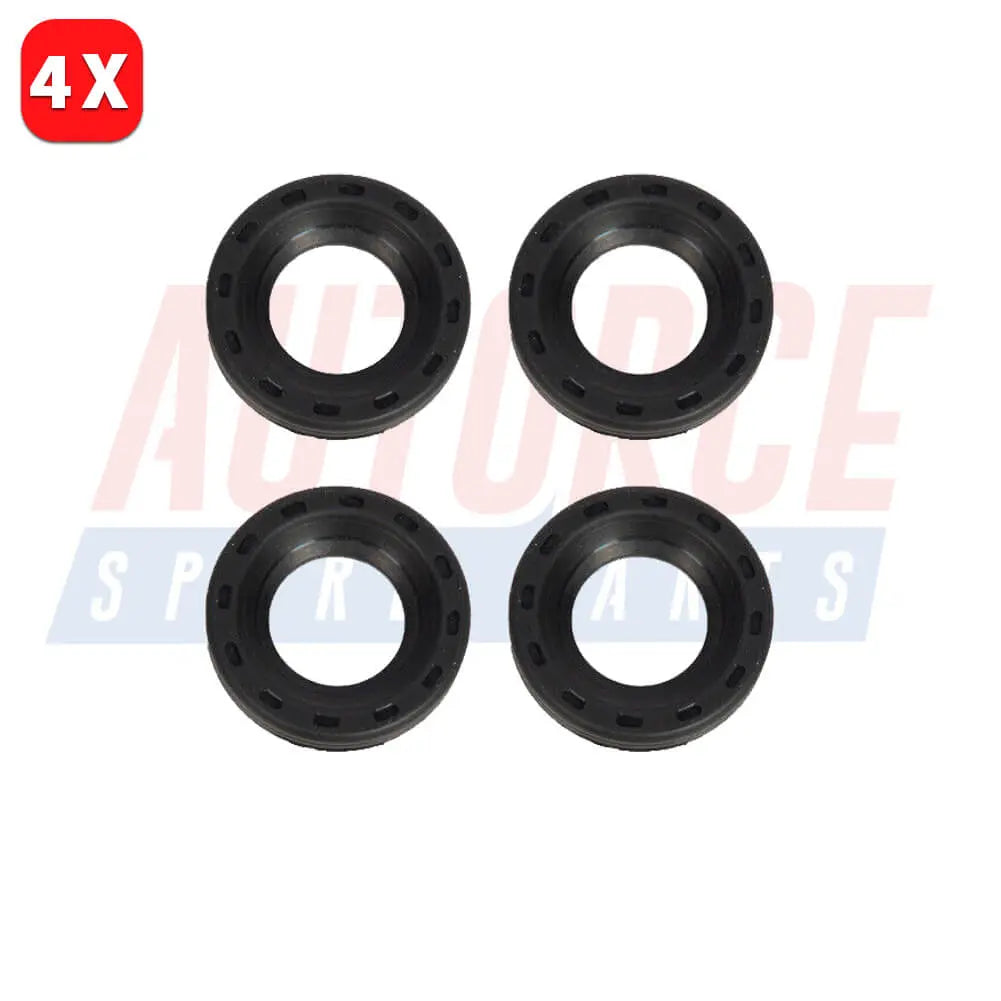
4 Pcs Injector Seal For Citroen Berlingo C2 C3 C4 C5 Jumpy Xsara - 1982.A0, 1609848280
In stock, 50 units
Sale price£9.99
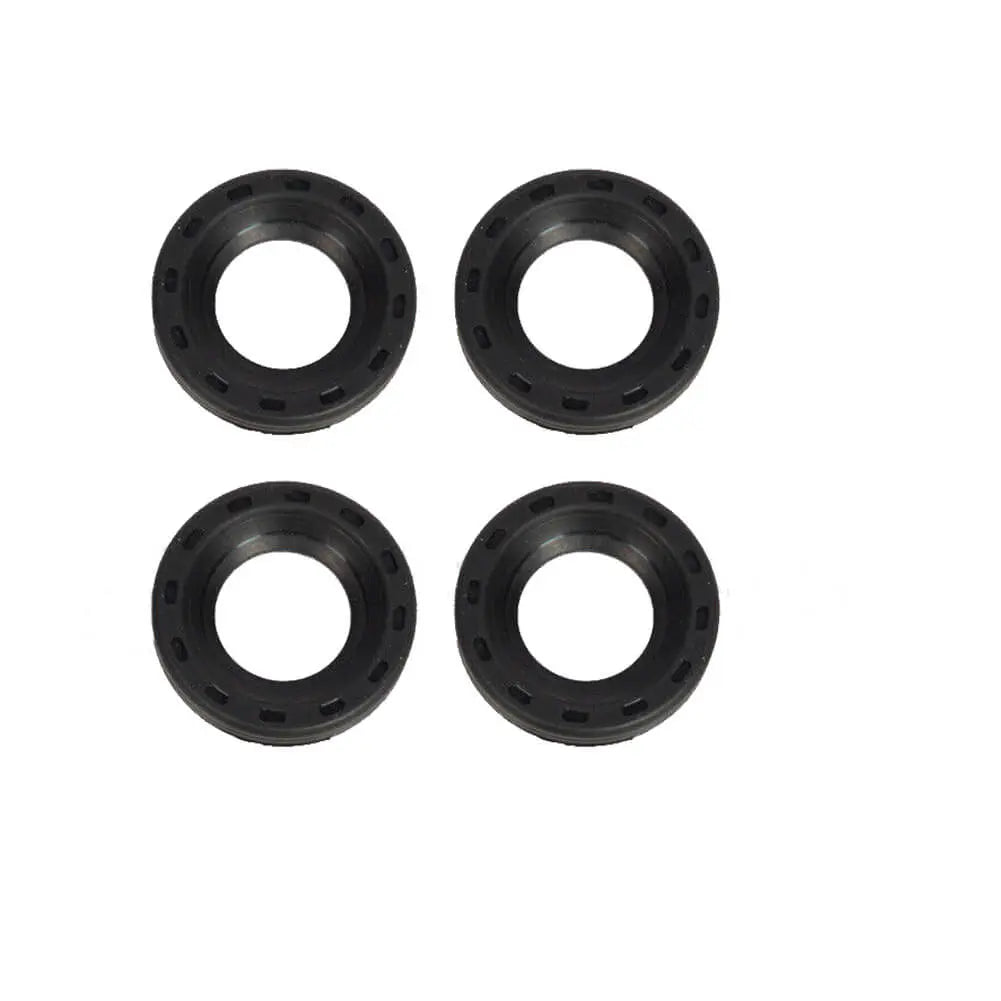
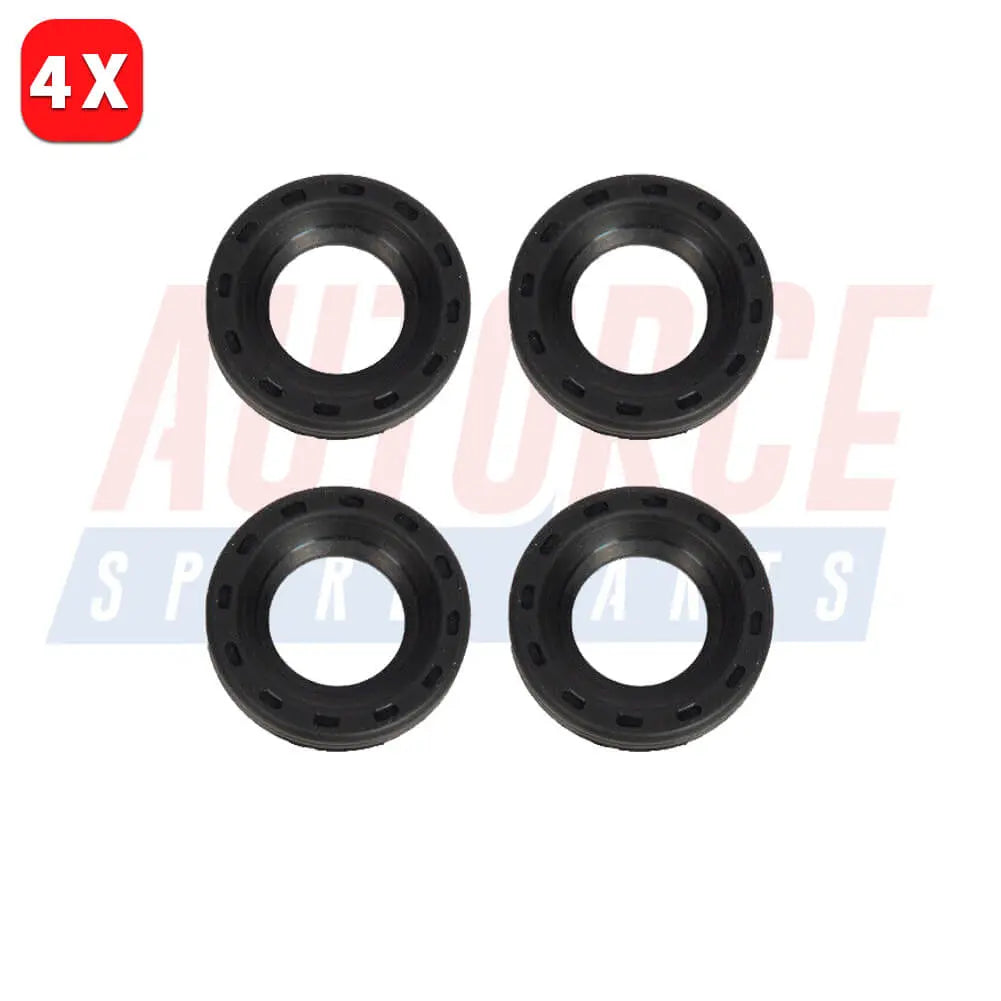
4 Pcs Injector Seal For Peugeot 1007 206 CC 206 207 3008 307 308 5008 Expert Partner - 1982.A0, 1609848280
In stock, 50 units
Sale price£9.99
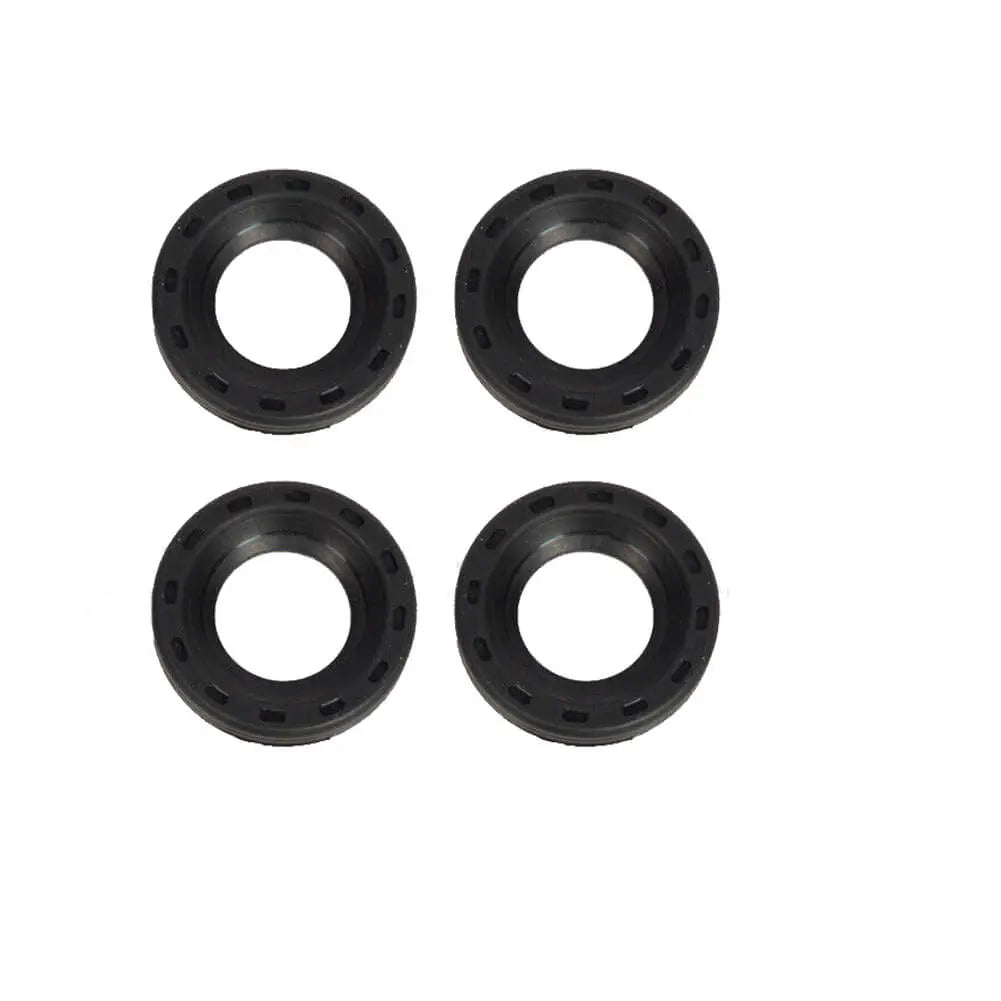
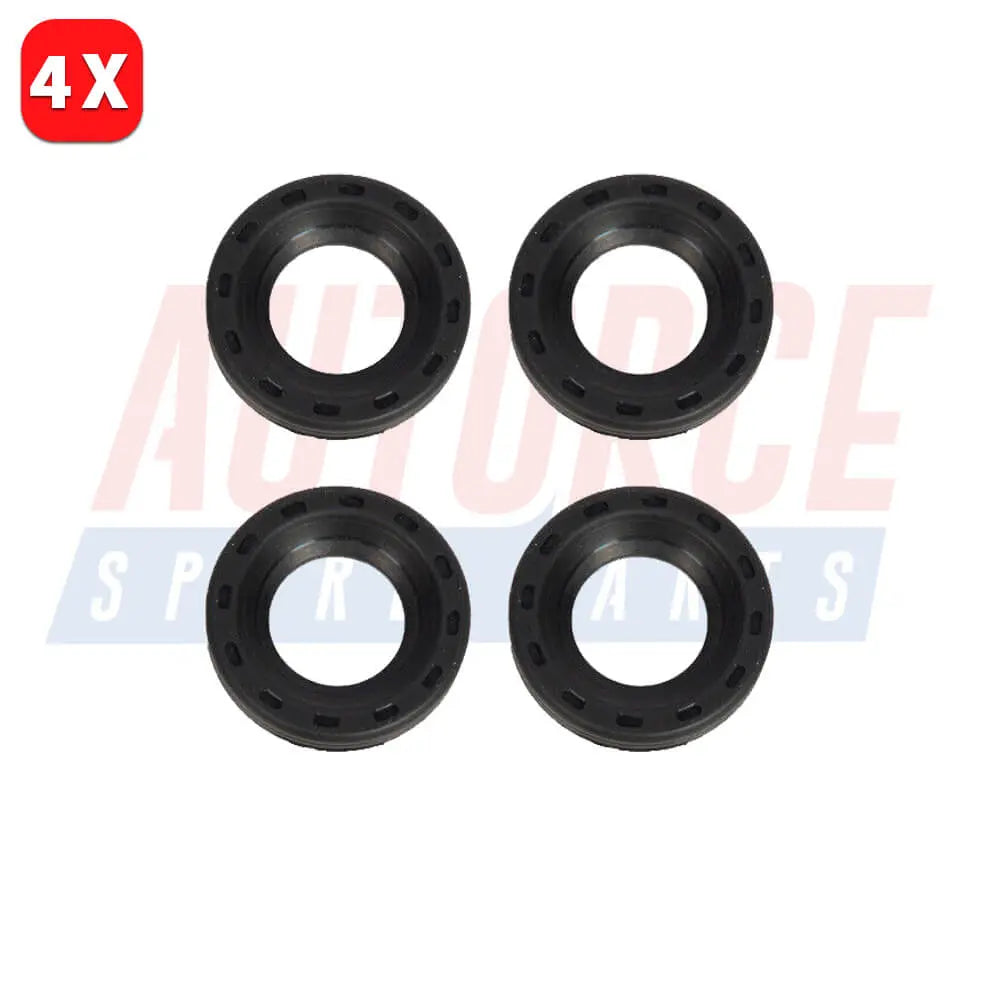
4 Pcs Injector Seal For Ford C-Max Fiesta Focus Fusion For Volvo C30 S40 S80 V50 V70 - 30757304, 3M5Q9R524AA
In stock, 50 units
Sale price£9.99
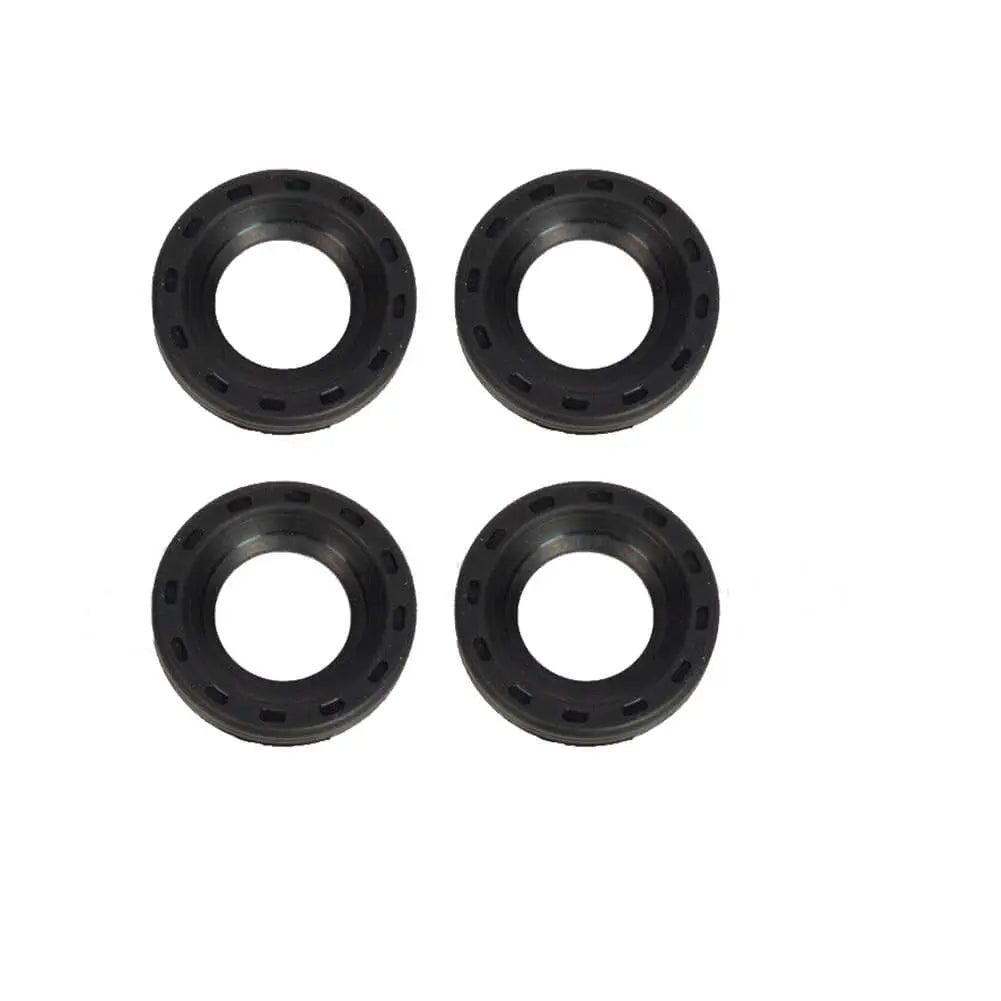
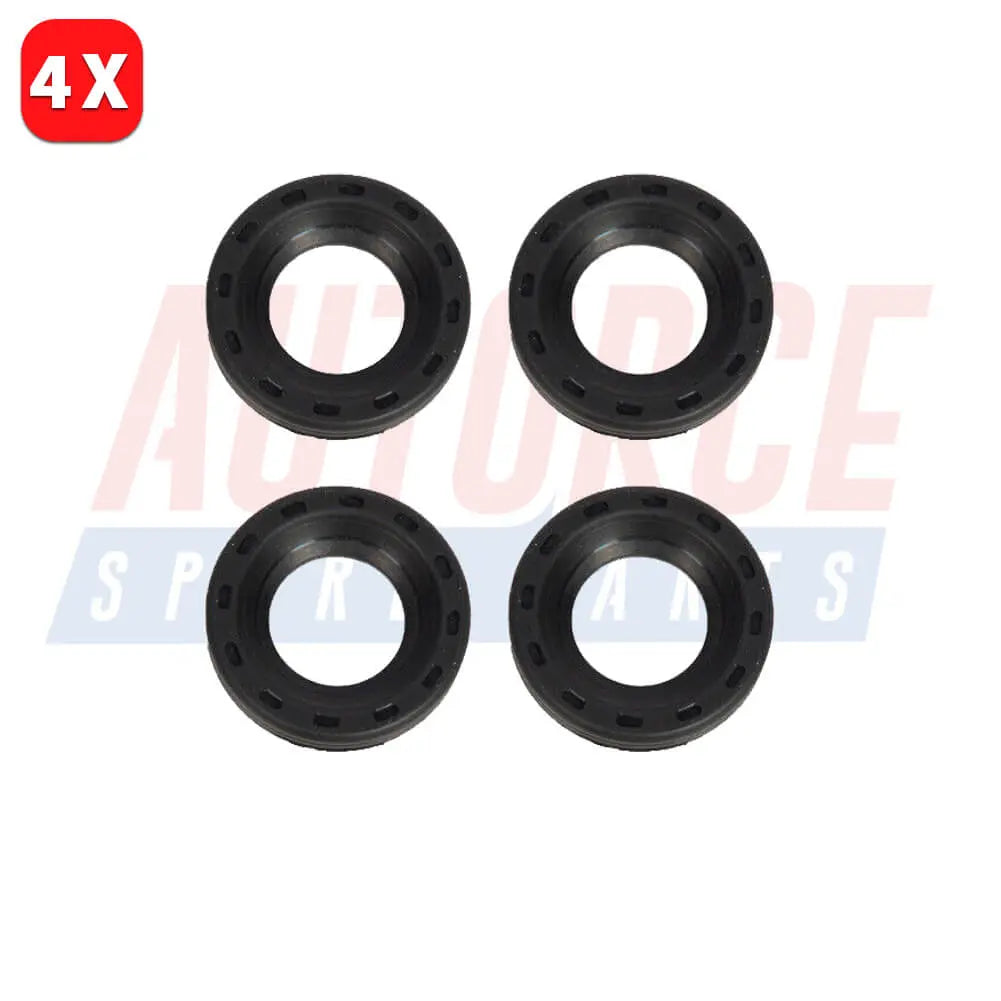
4 Pcs Injector Seal For Fiat Scudo For Mazda 3 For Mini R55 R56 - 9646510980, Y60213H51
In stock, 50 units
Sale price£9.99
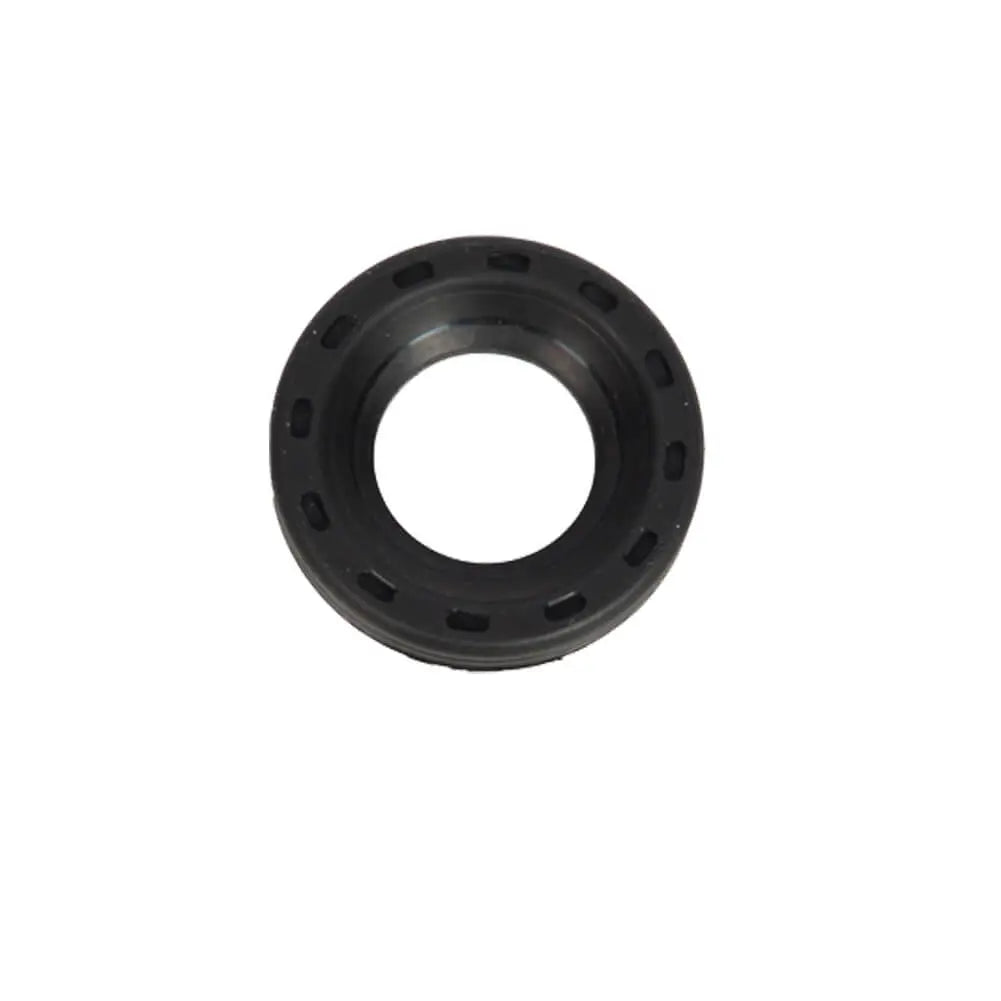
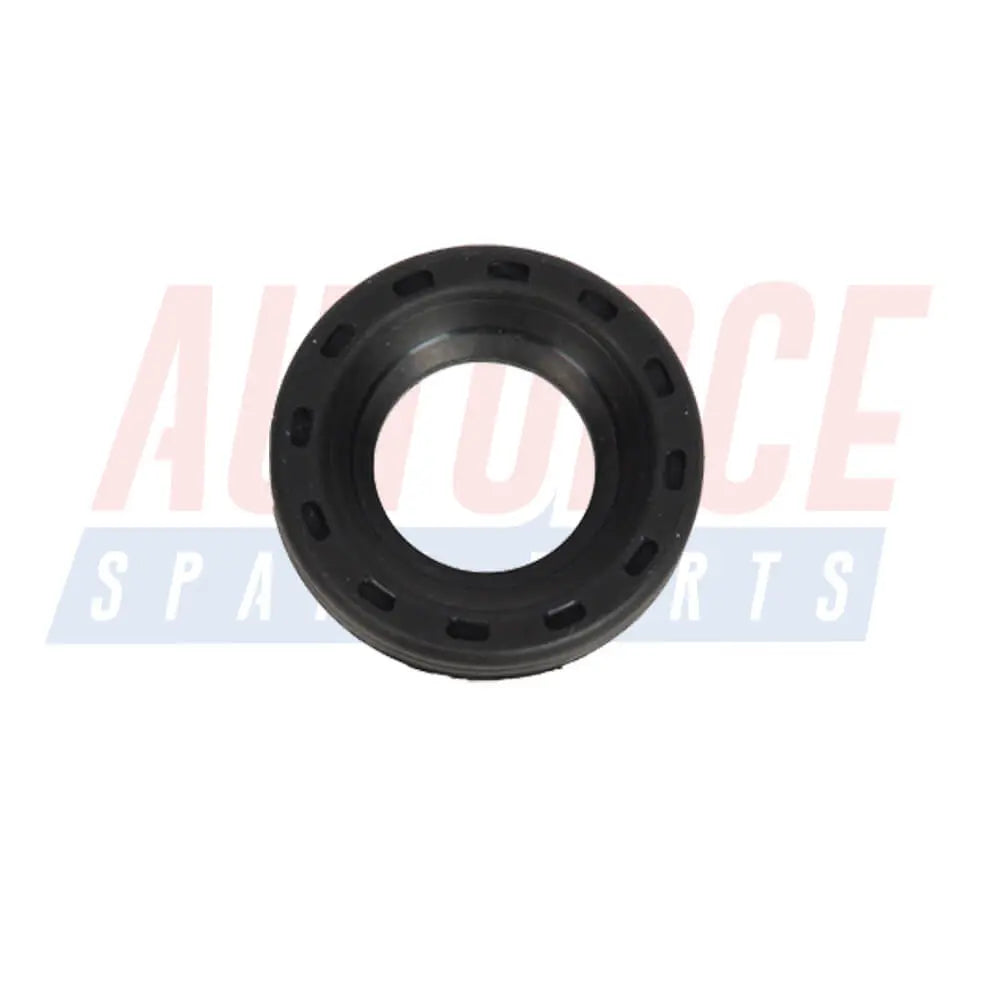
Injector Seal For Citroen Berlingo C2 C3 C4 C5 Jumpy Xsara - 1982.A0, 1609848280
In stock, 50 units
Sale price£4.99
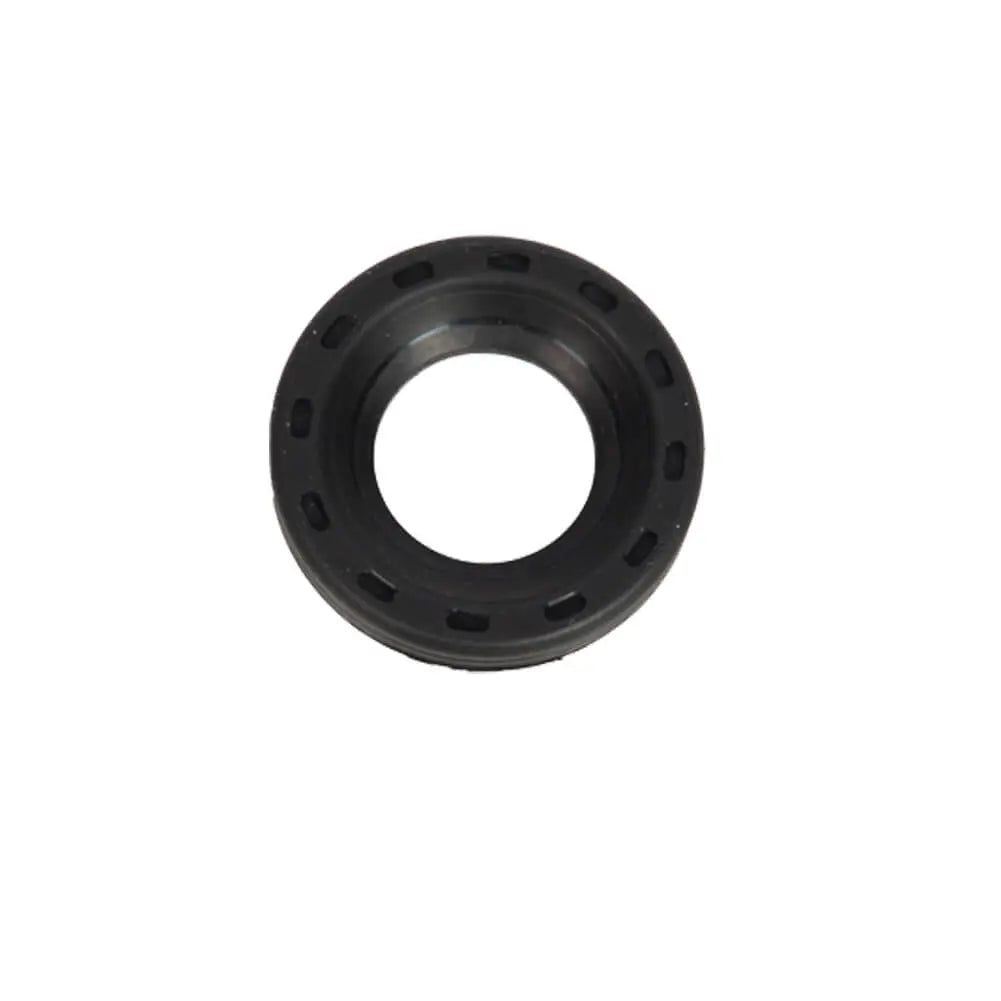
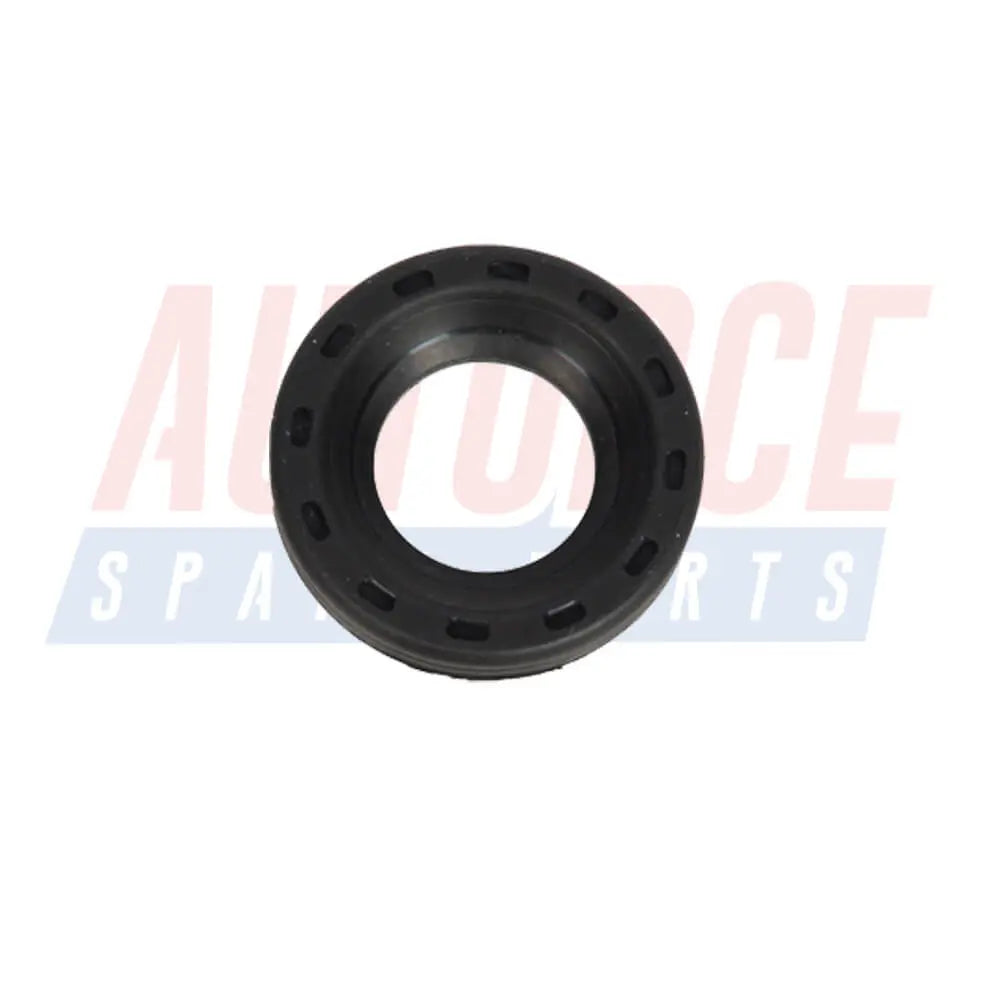
Injector Seal For Peugeot 1007 206 CC 206 207 3008 307 308 5008 Expert Partner 1982.A0, 1609848280
In stock, 50 units
Sale price£4.99
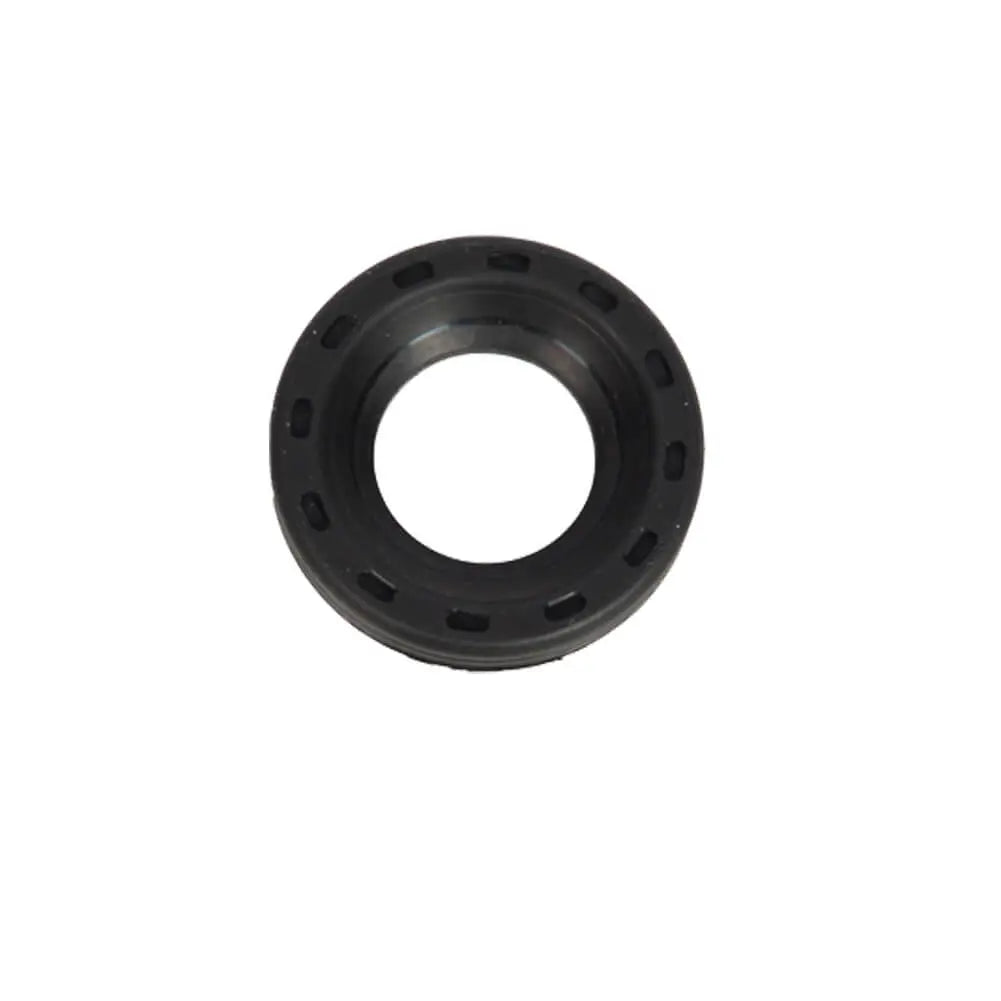
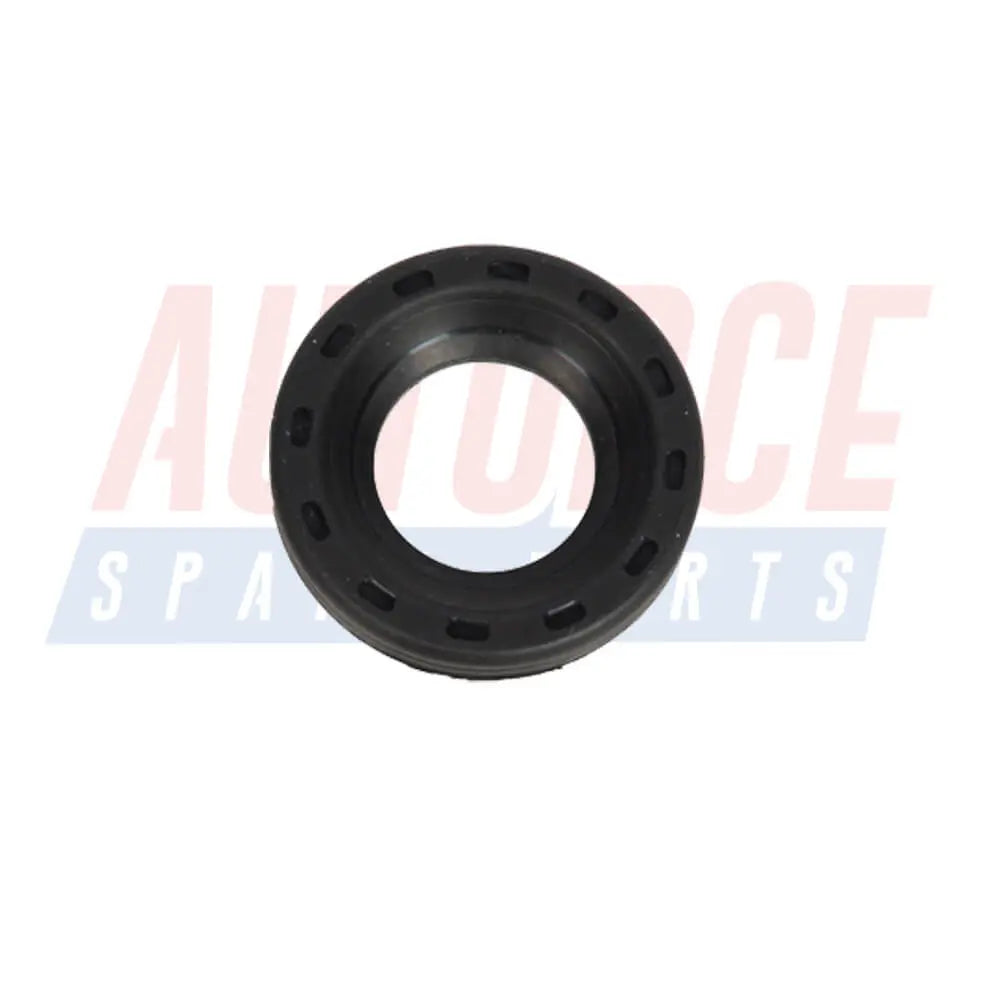
Injector Seal For Ford C-Max Fiesta Focus Fusion For Volvo C30 S40 S80 V50 V70 - 30757304, 3M5Q9R524AA
In stock, 50 units
Sale price£4.99
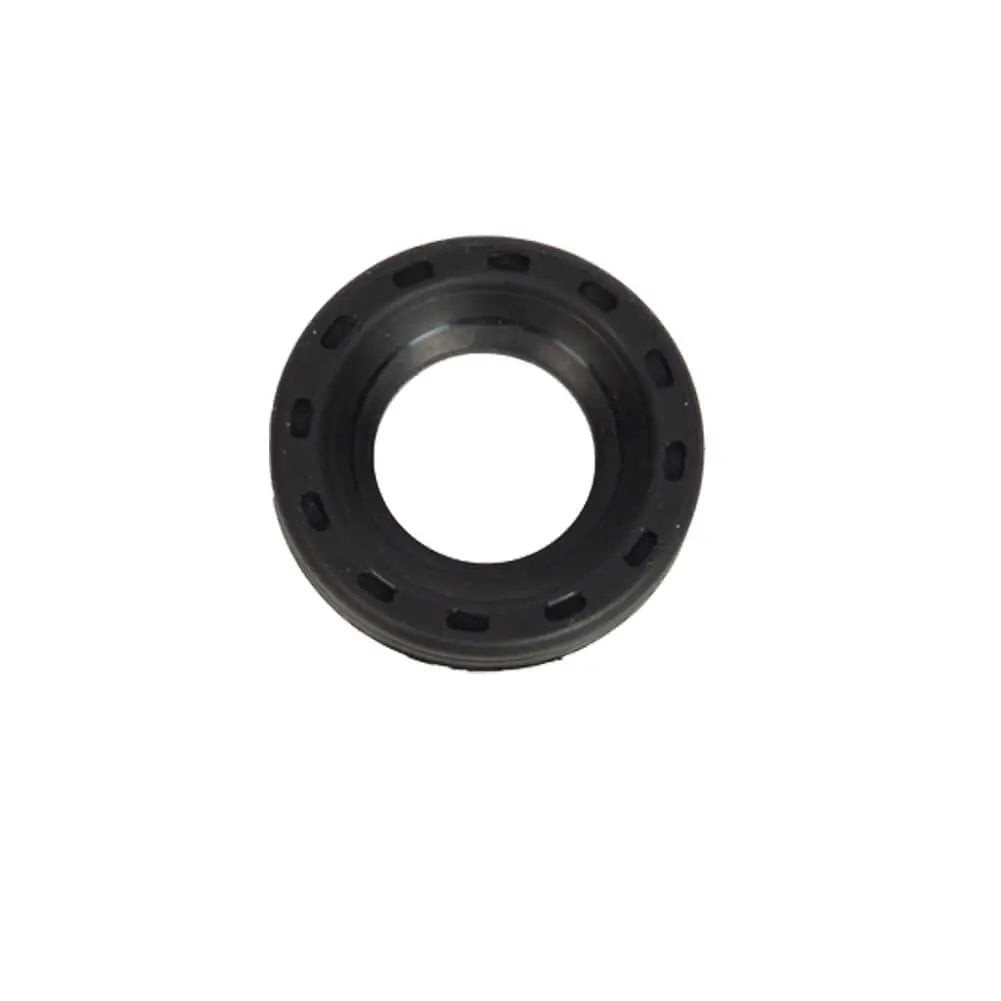
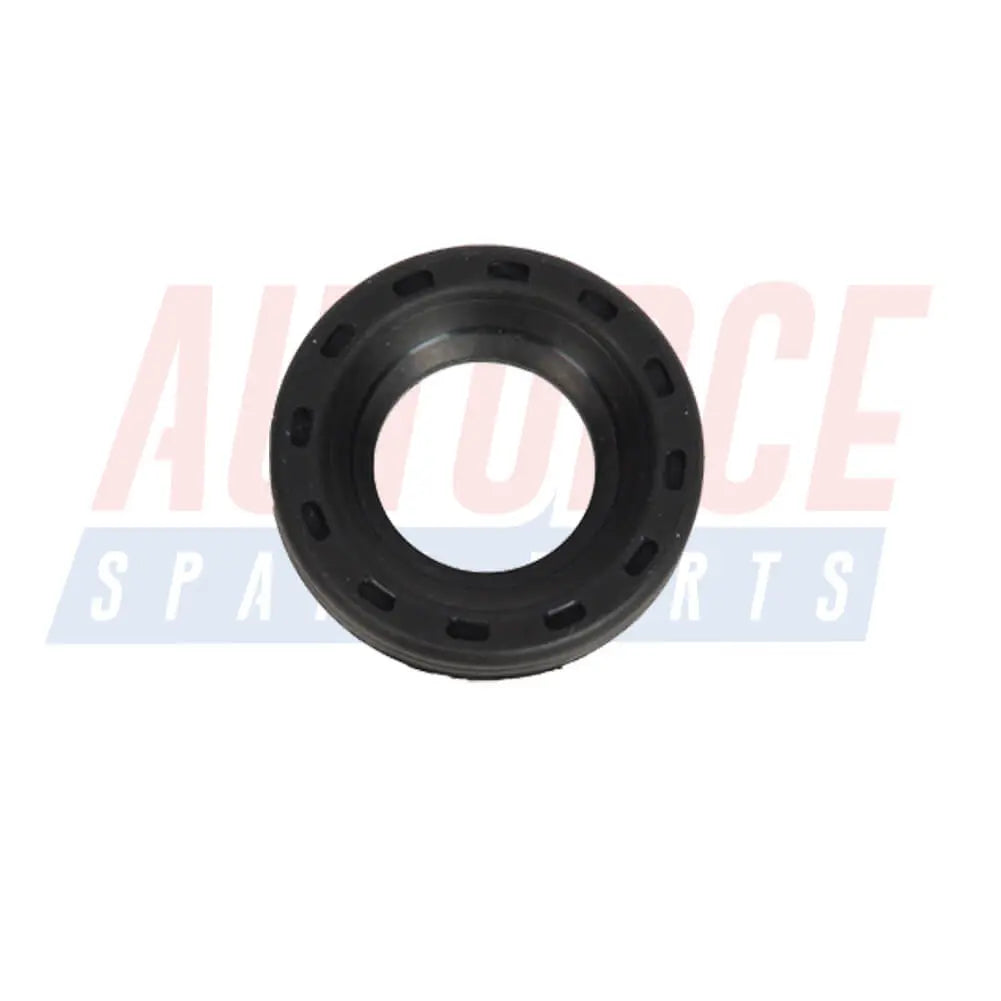
Injector Seal For Fiat Scudo For Mazda 3 For Mini R55 R56 - 9646510980, Y60213H51
In stock, 50 units
Sale price£4.99
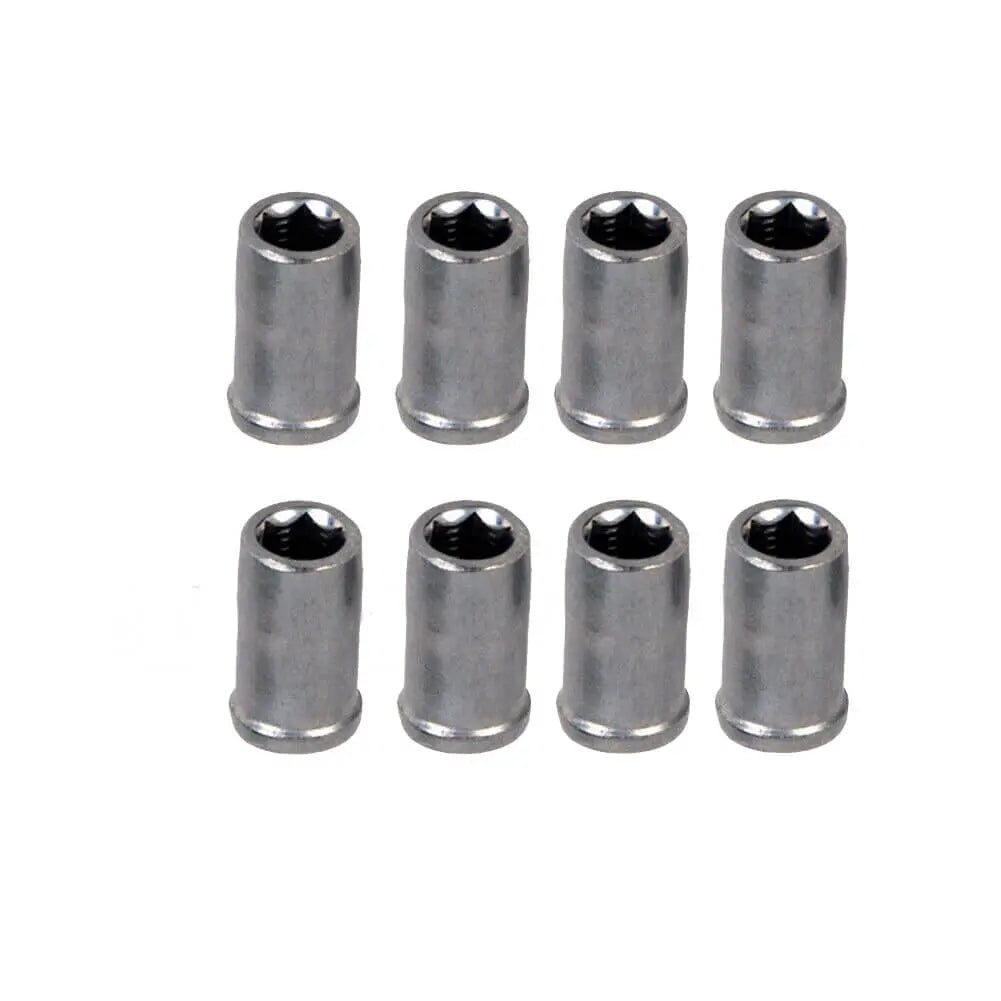
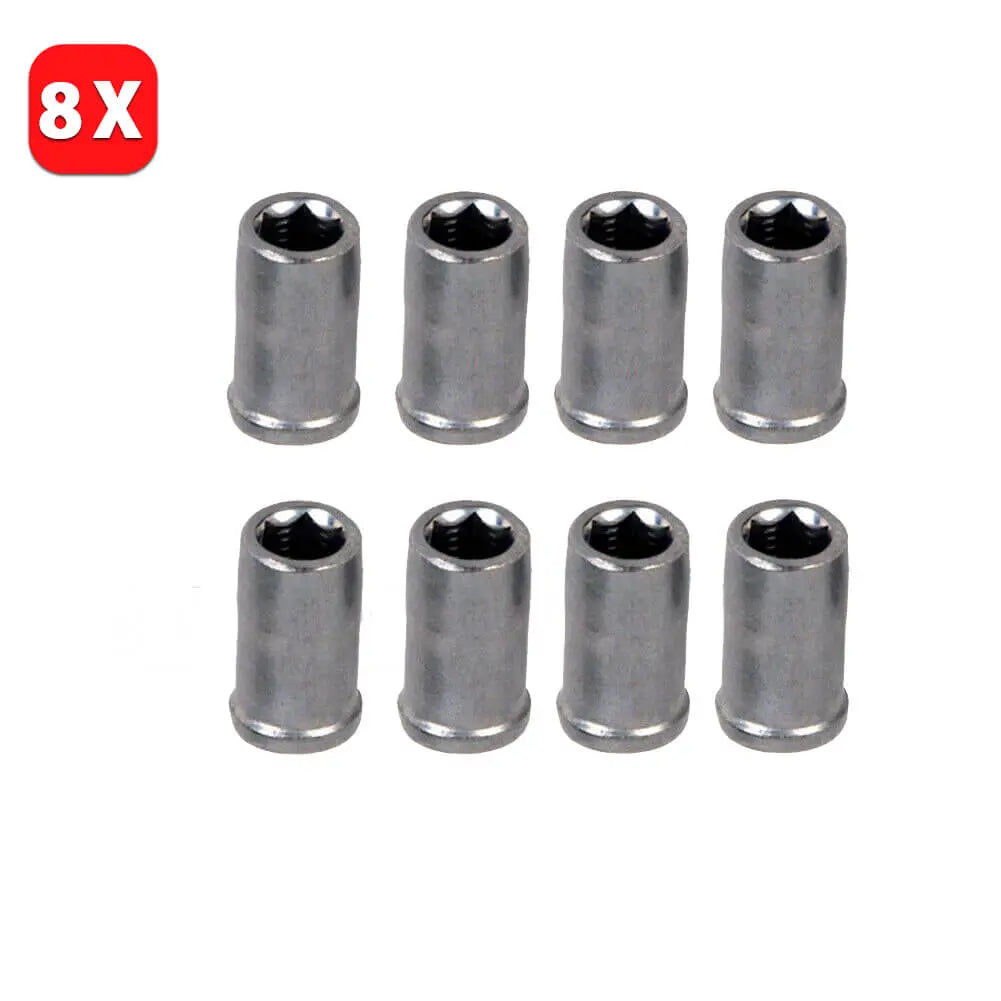
8 Pcs Injector Nuts For Citroen Berlingo C2 C3 C4 C5 Dispatch Xsara - 198263, 3M5Q9K549AB, 198263
In stock, 50 units
Sale price£11.90
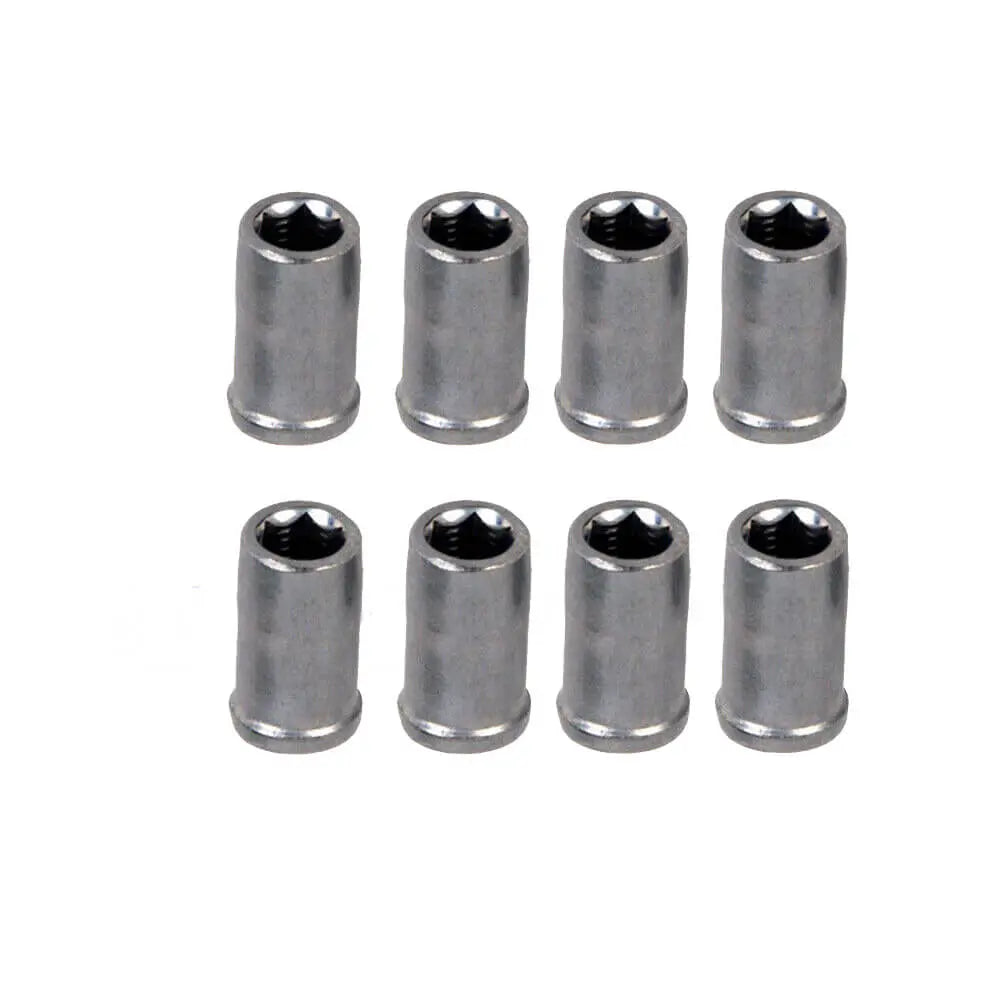
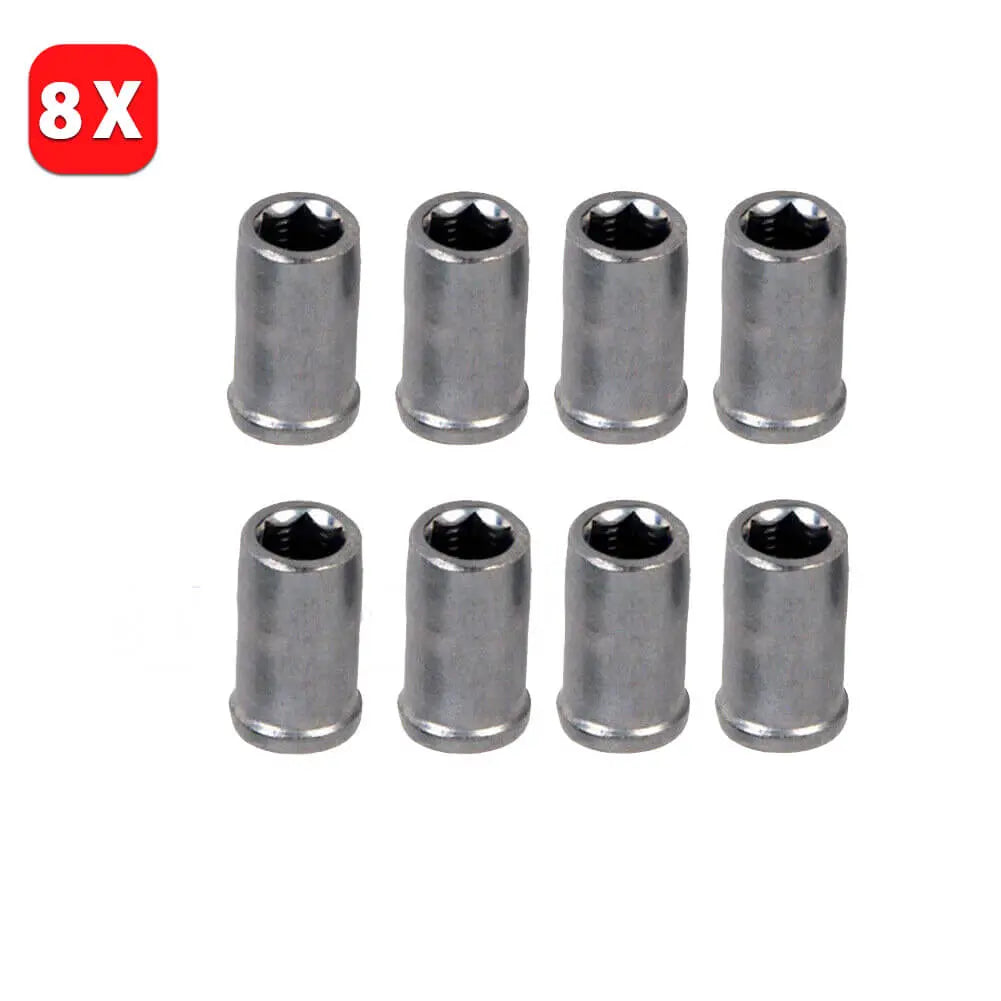
8 Pcs Injector Nuts For Ford Fiesta Focus Fusion (2003 - Onwards) 3M5Q9K549AB, 198263
In stock, 50 units
Sale price£11.90
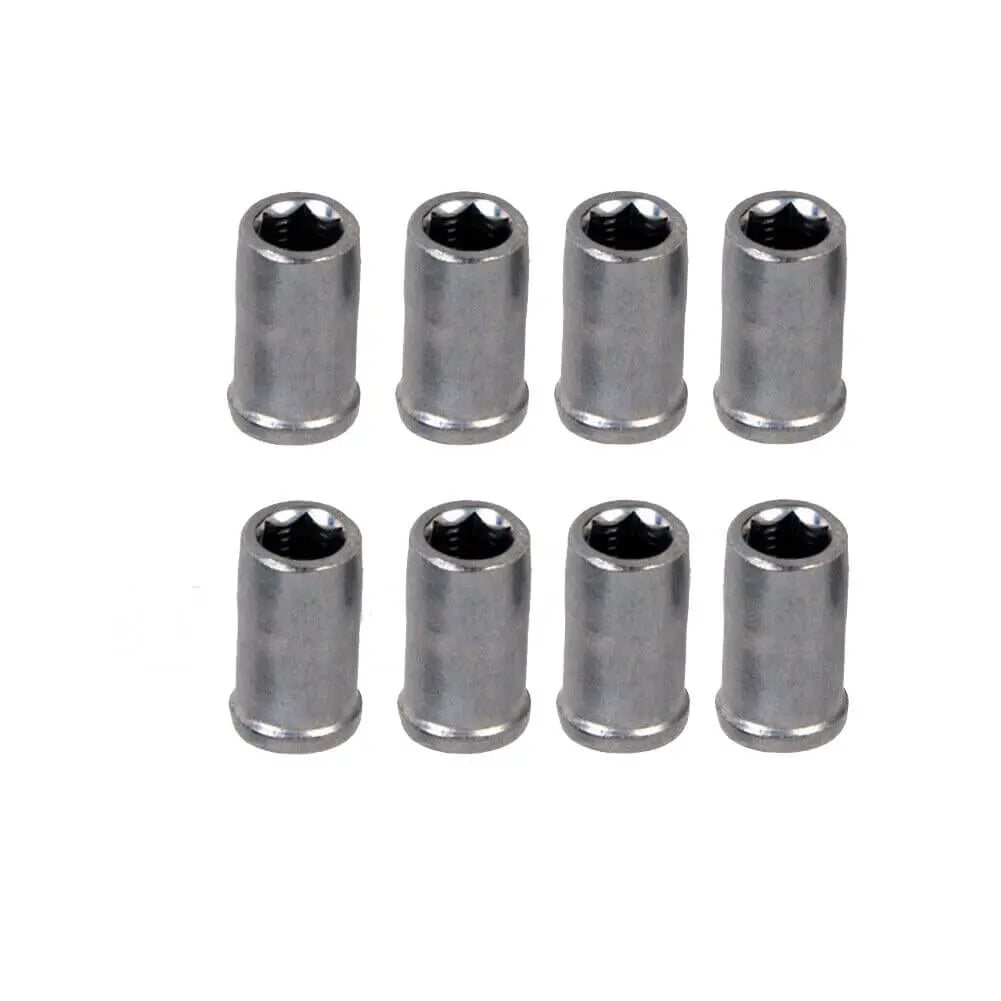
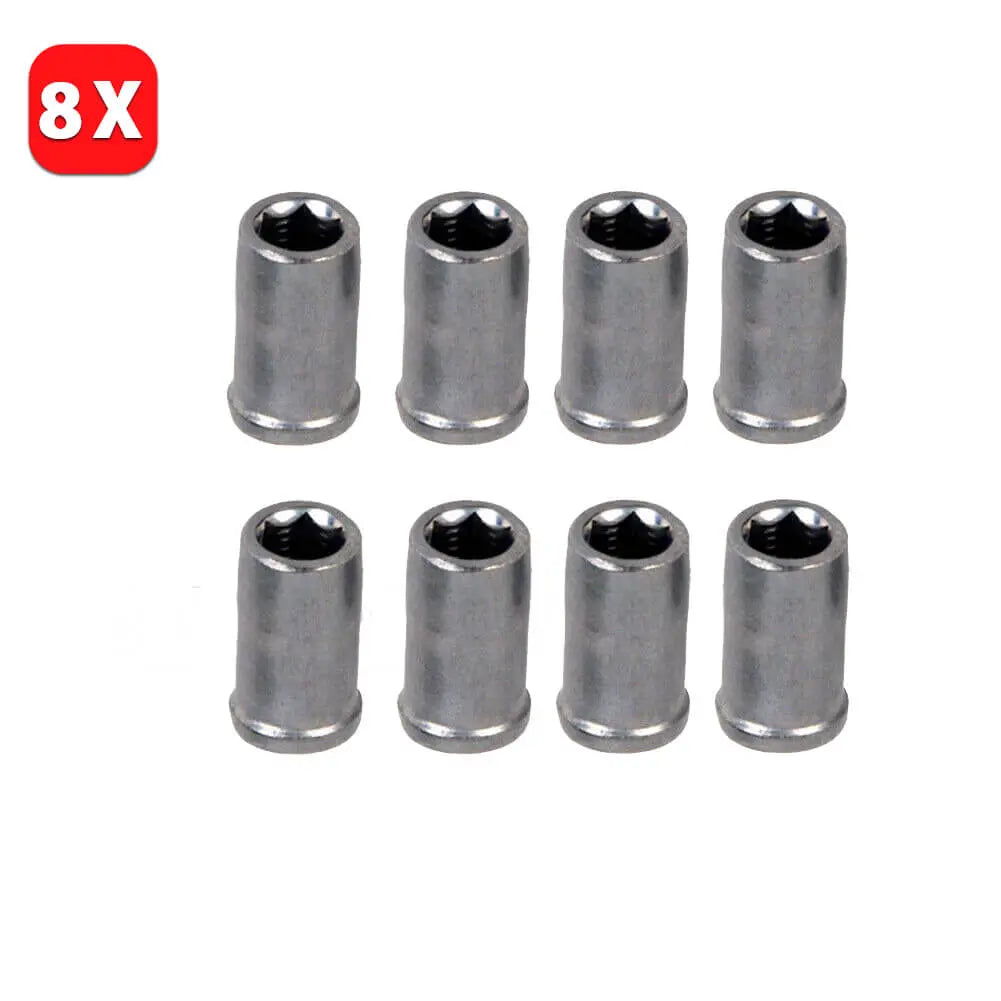
8 Pcs Injector Nuts For Peugeot 1007 206 CC 206 207 3008 307 308 407 5008 Expert Partner - 198263, 3M5Q9K549AB
In stock, 49 units
Sale price£11.90
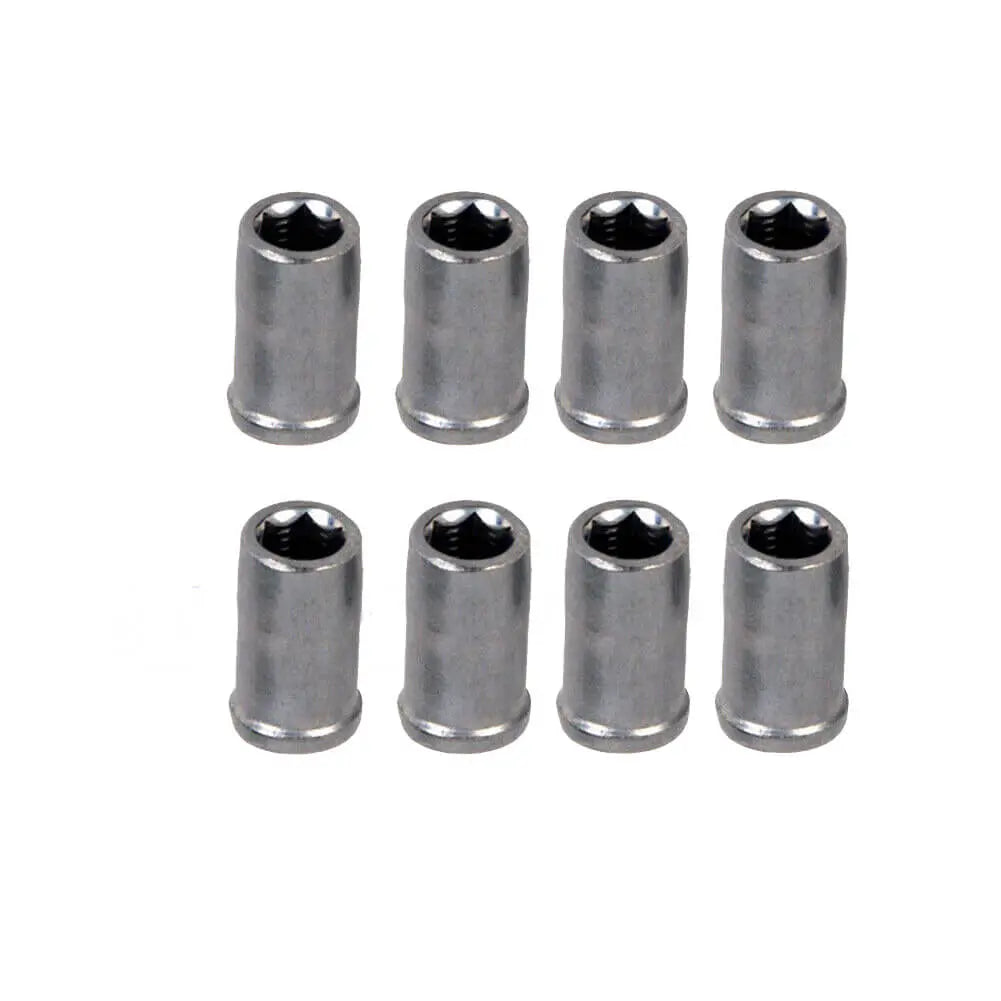
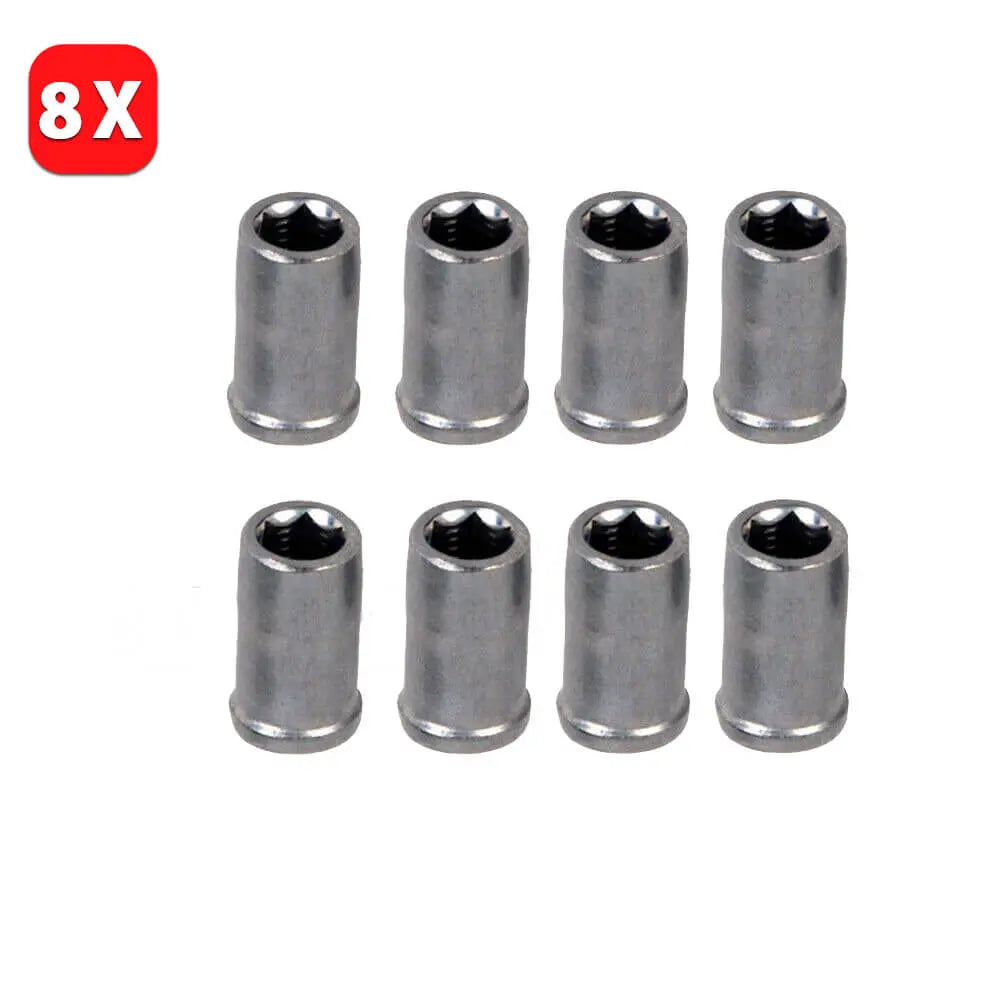
8 Pcs Injector Nuts For Suzuki Liana SX4 For Volvo S40 For Mini R55 R56 - 1982.63, 3M5Q9K549AB
In stock, 50 units
Sale price£11.90
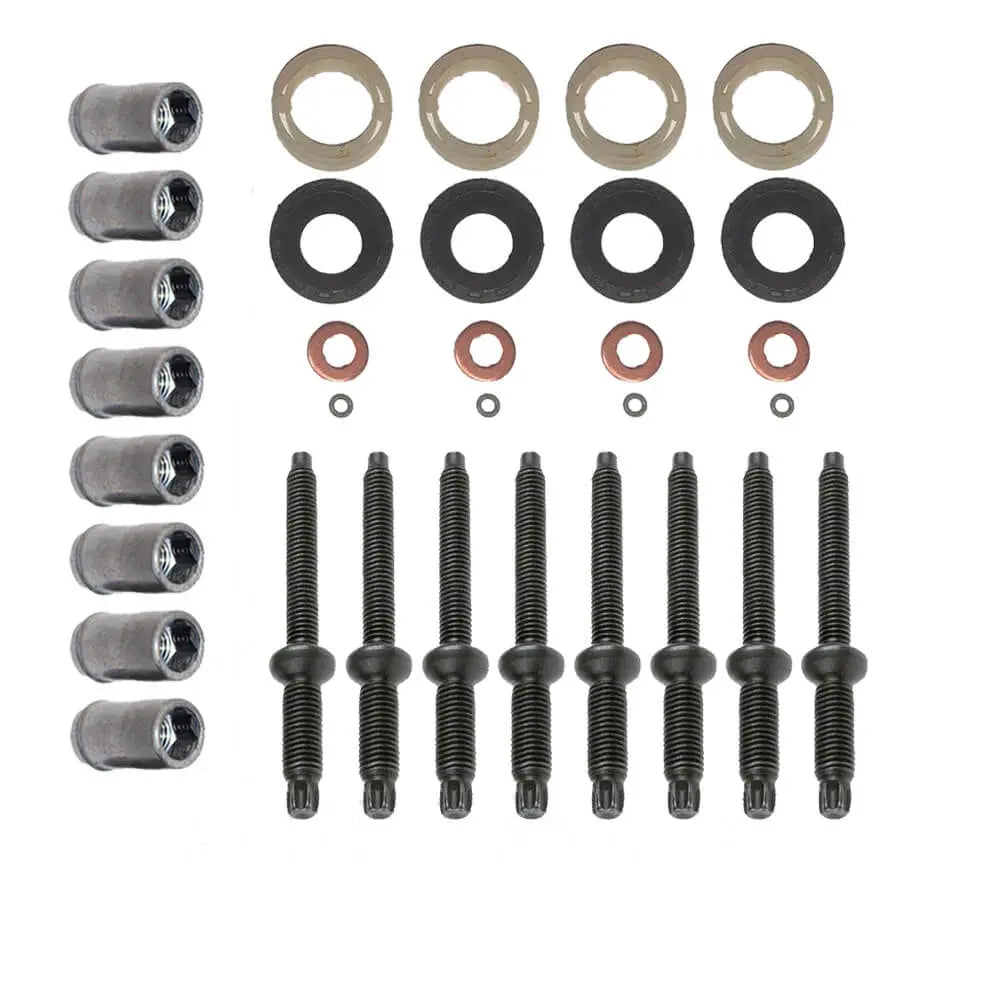
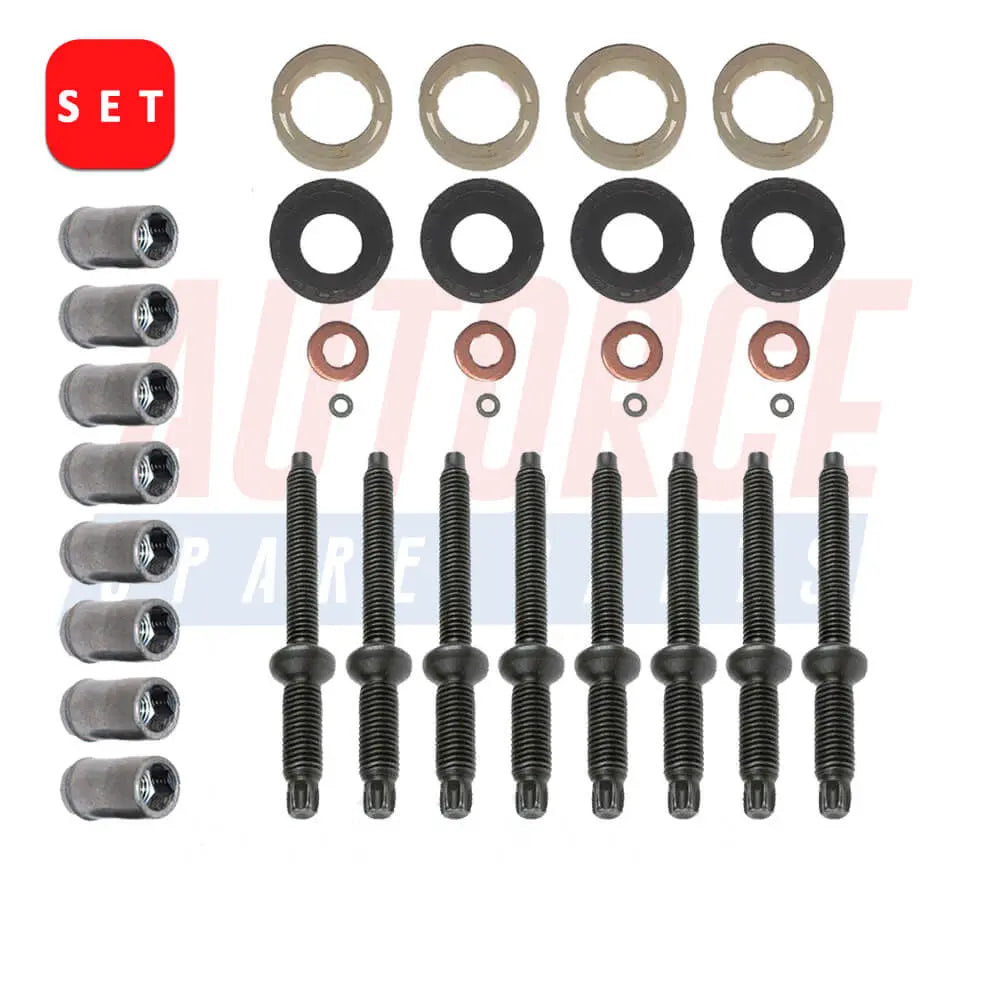
Injector Stud Nut Seal Washer Oring Kit For CITROEN Berlingo C2 C3 C4 C5 Dispatch Xsara - 1981.85, 1982.63, 1233685
Only 5 units left
Sale price£26.90
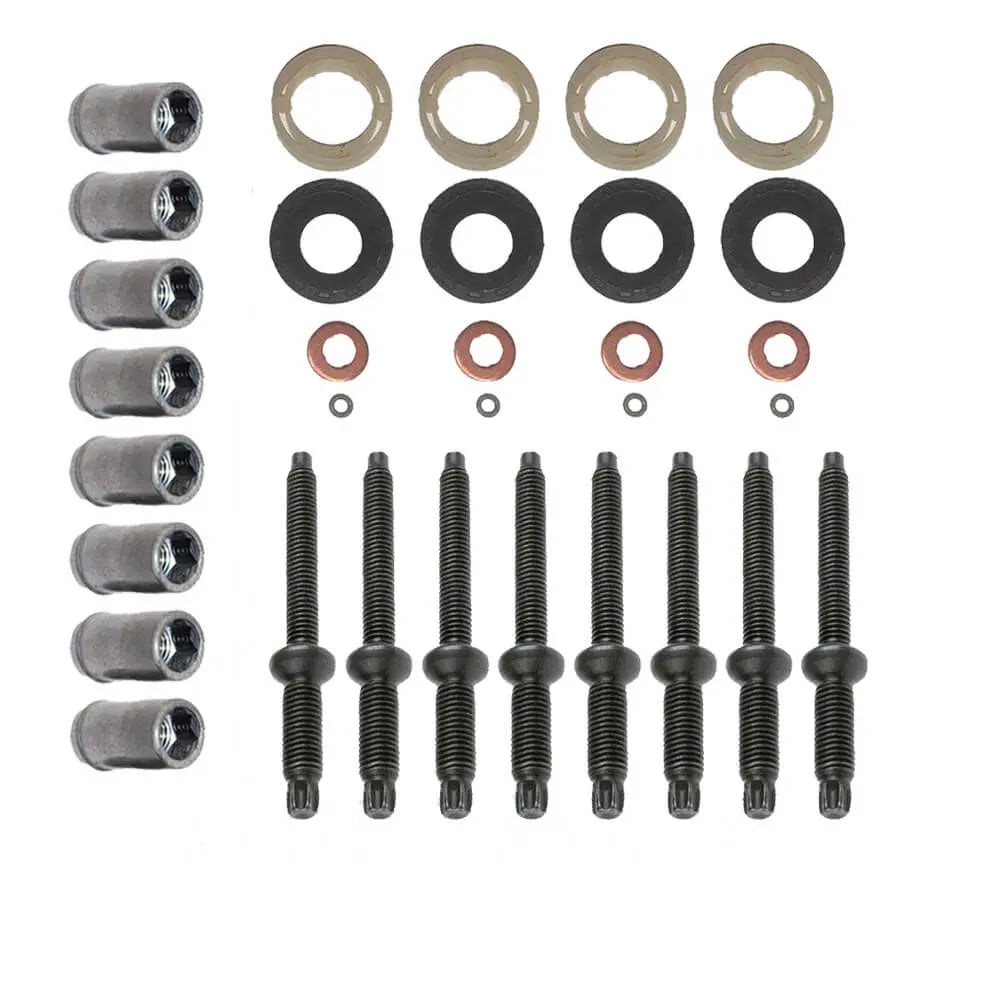
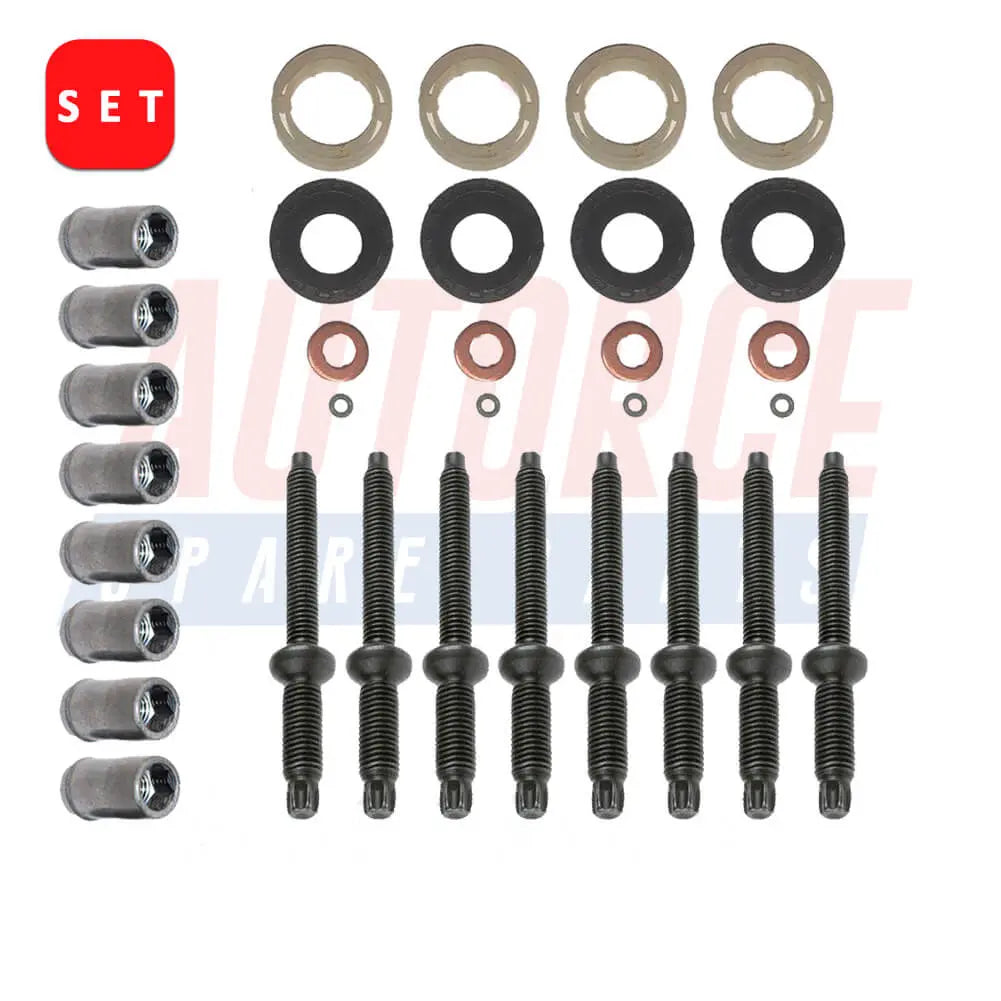
Injector Stud Nut Seal Washer Oring Kit For FORD Fiesta Focus Fusion (2003 - Onwards) 3M5Q9K549AB, 198263
Only 5 units left
Sale price£26.90
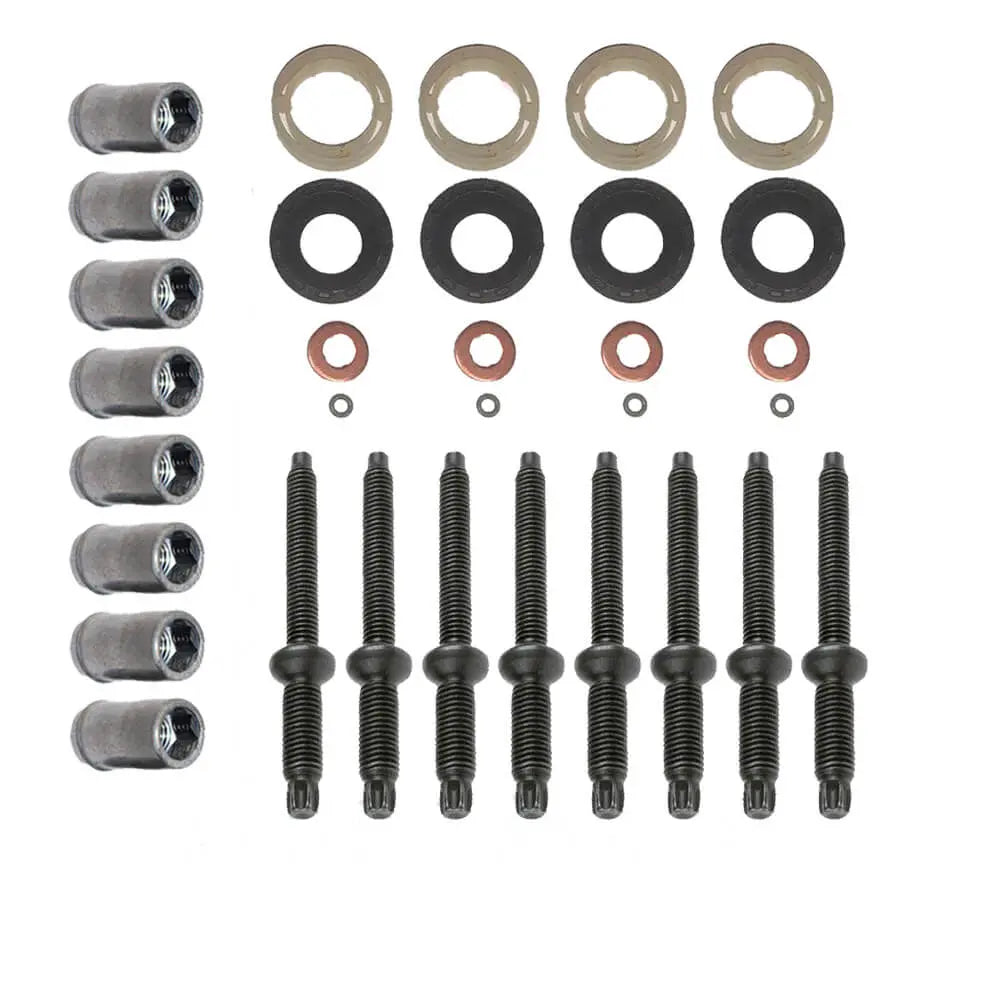
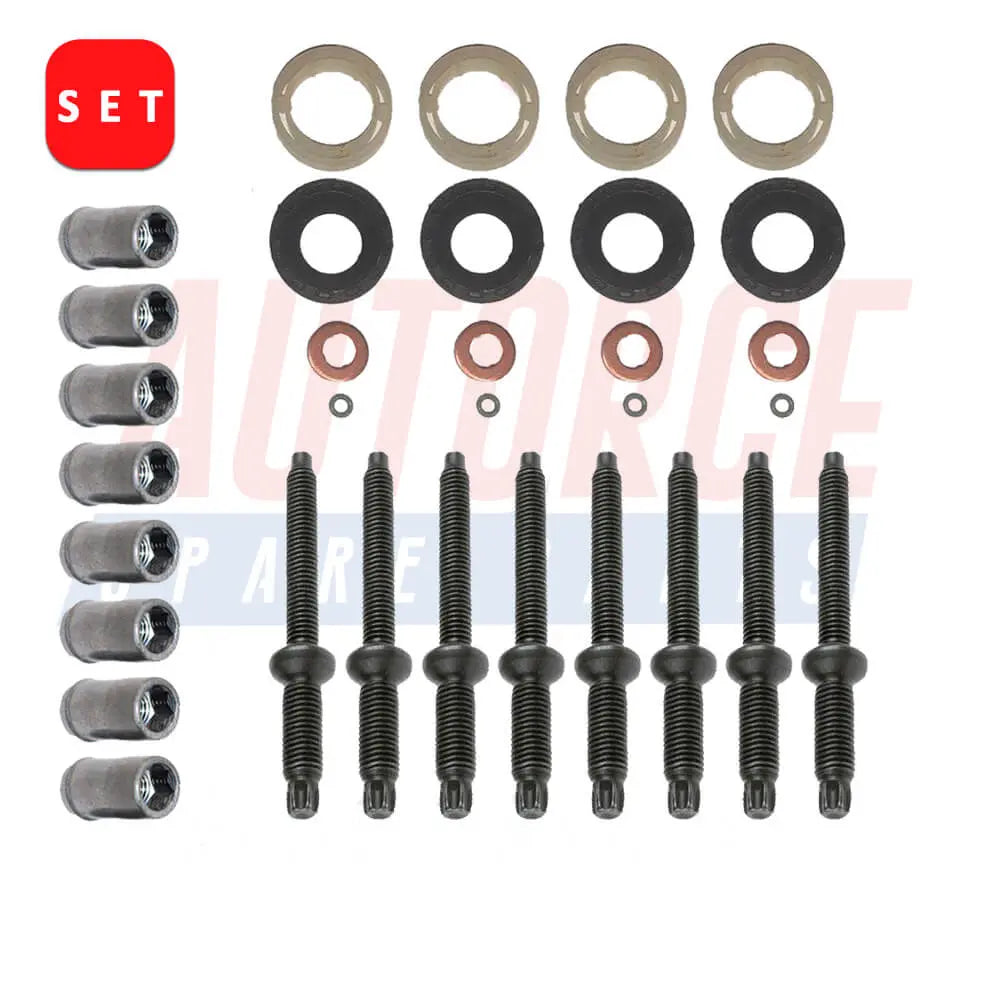
Injector Stud Nut Seal Washer Oring Kit For PEUGEOT 1007 206 CC 206 207 3008 307 308 407 5008 Expert Partner - 198263
Only 4 units left
Sale price£26.90
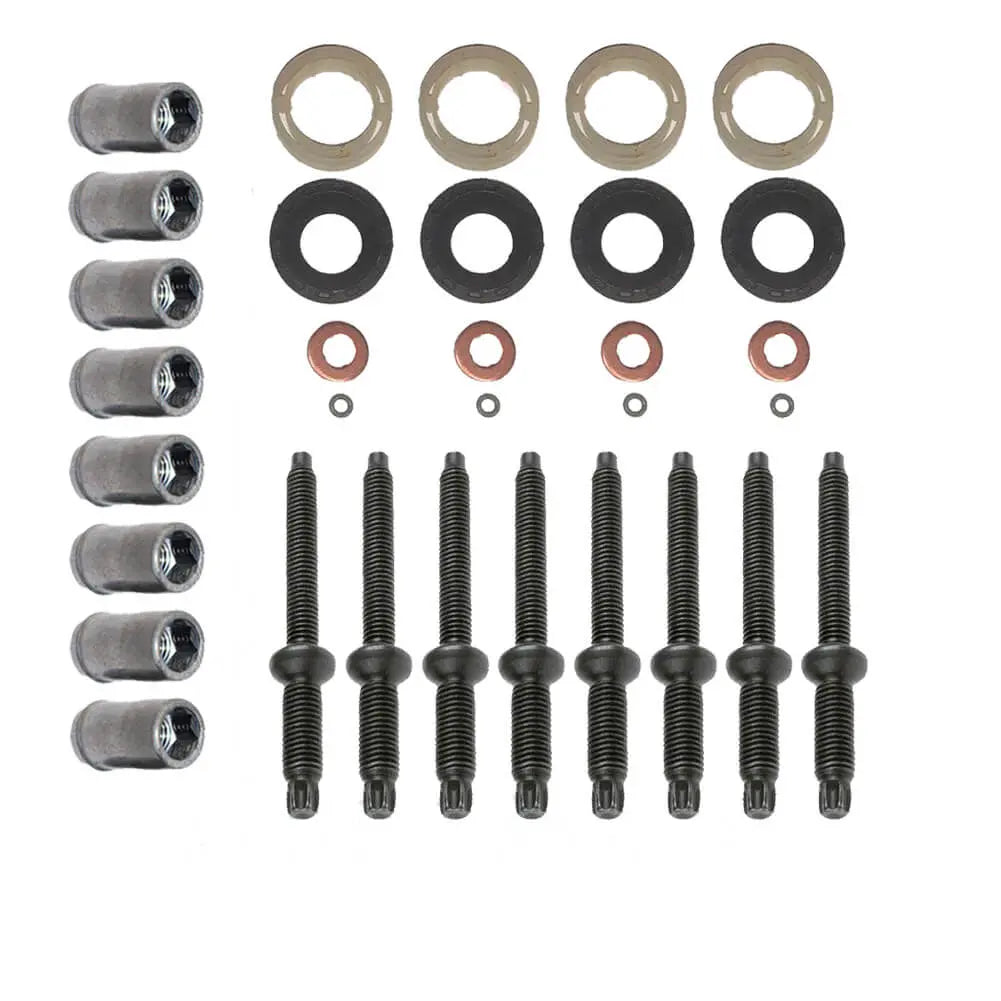
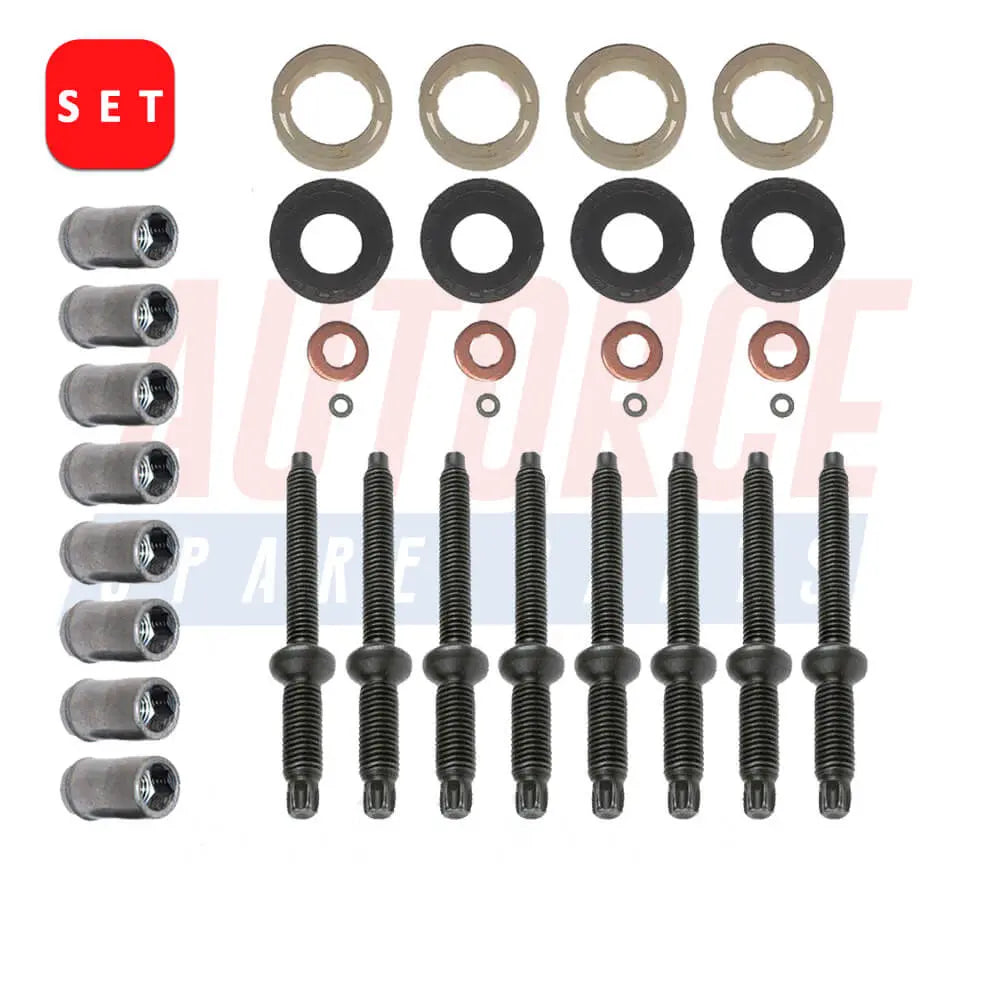
Injector Stud Nut Seal Washer Oring Kit For SUZUKI Liana SX4 For VOLVO S40 For MINI R55 R56 - 3M5Q9K549AB
Only 5 units left
Sale price£26.90
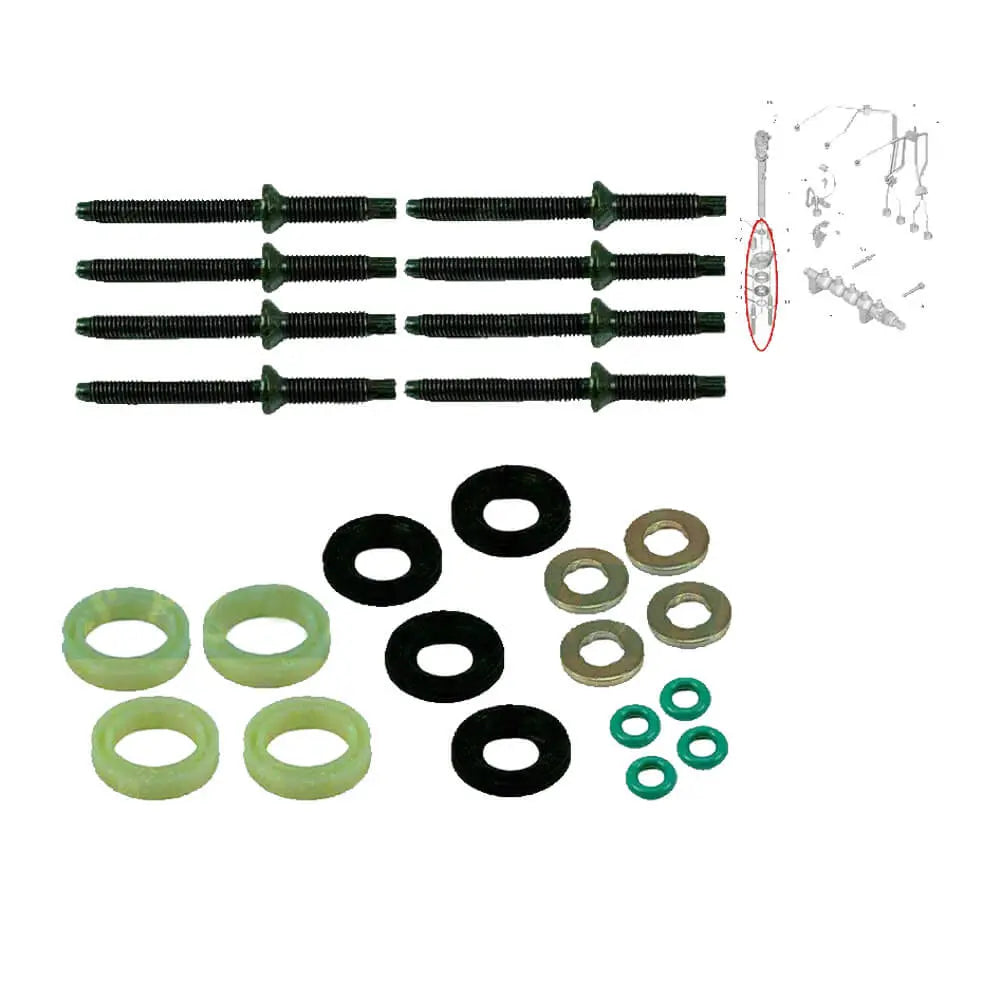
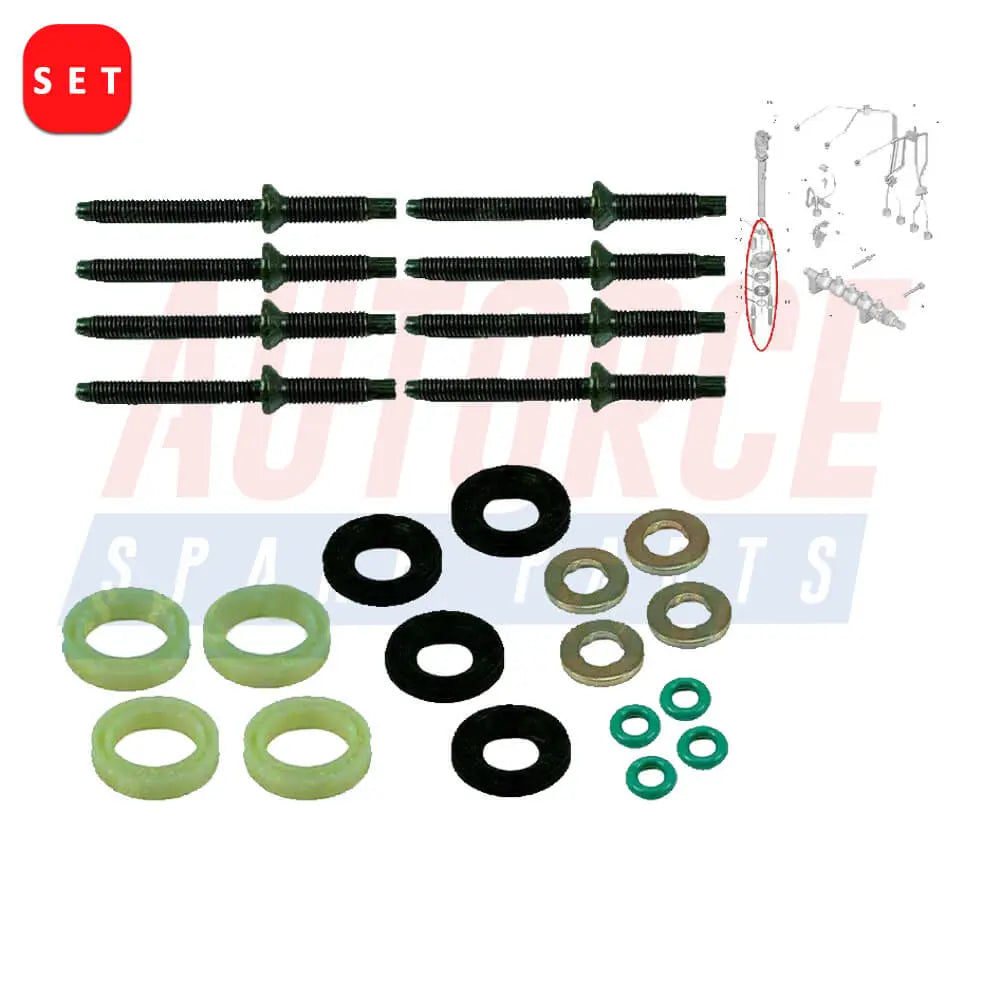
Injector Seal Washer O-ring Kit For Fiat Scudo For Volvo S40 V50 C30 (2005 - Onwards) 30757304, 189173, 198299
In stock, 50 units
Sale price£14.99
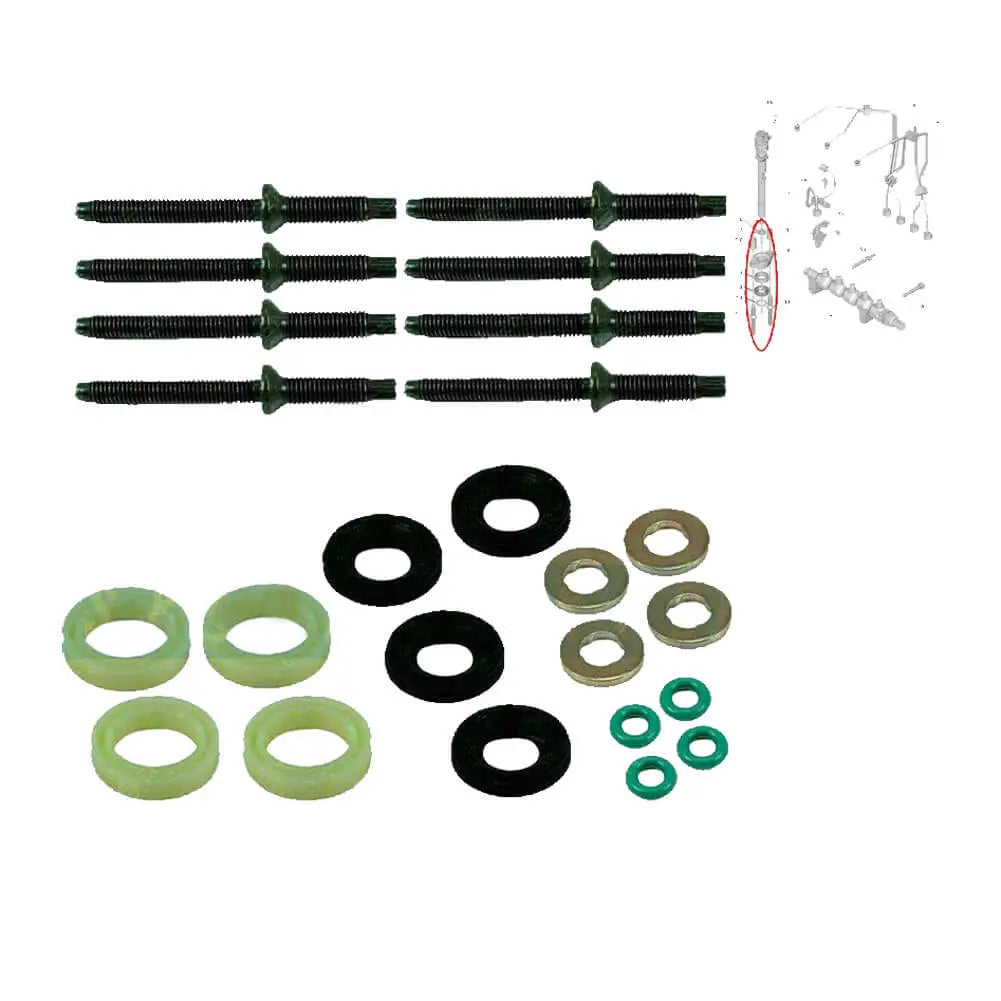
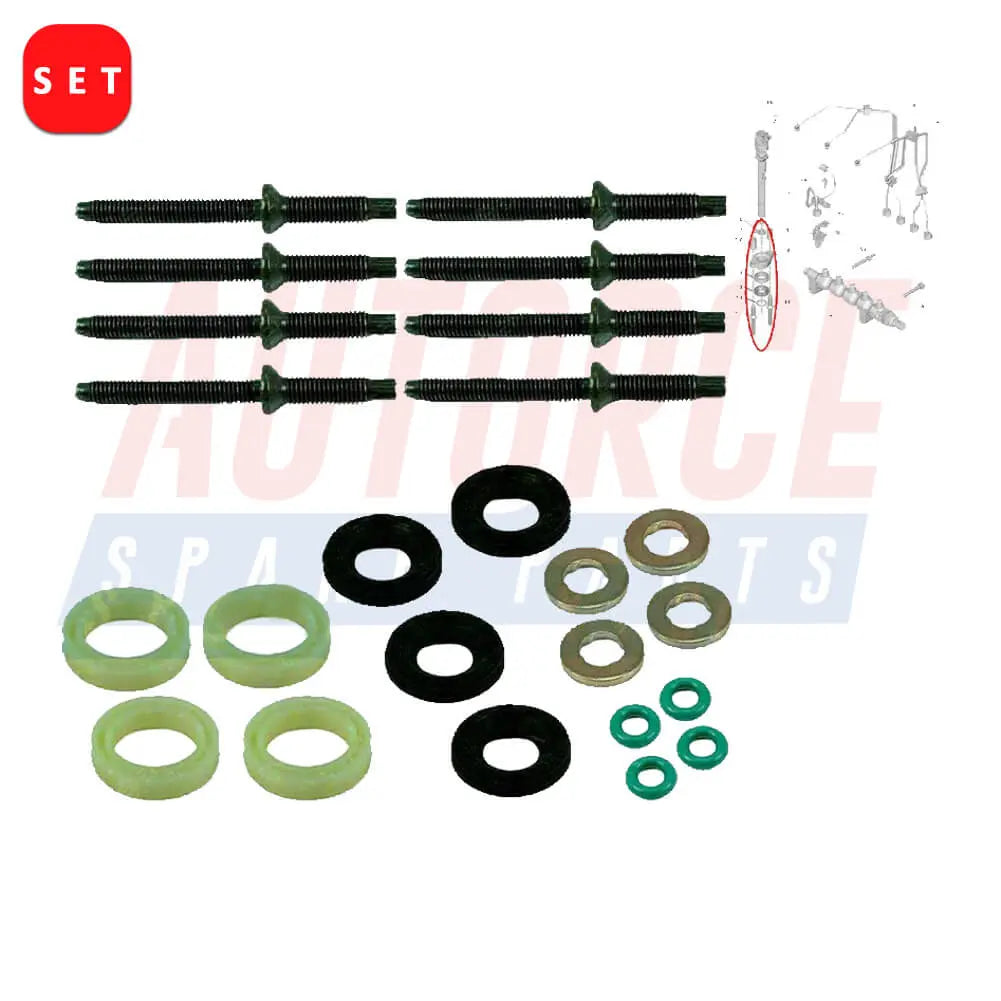
Injector Seal Washer O-ring Kit For Peugeot Partner 206 207 307 308 407 3008 (2004 - Onwards) 1609848080 1609848280
In stock, 50 units
Sale price£14.99
Filters (0)

